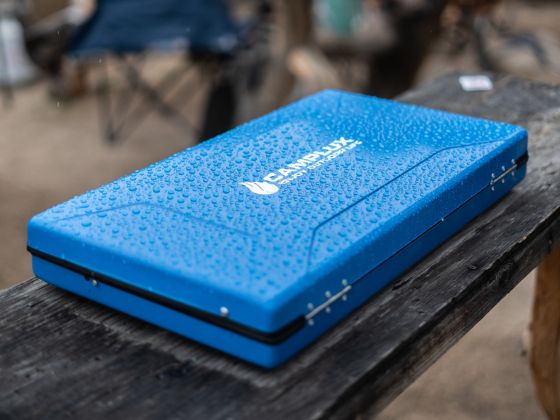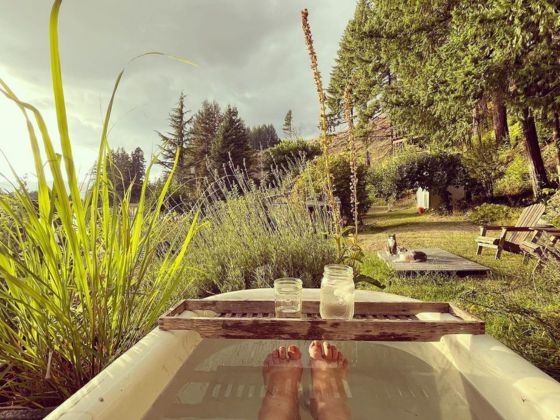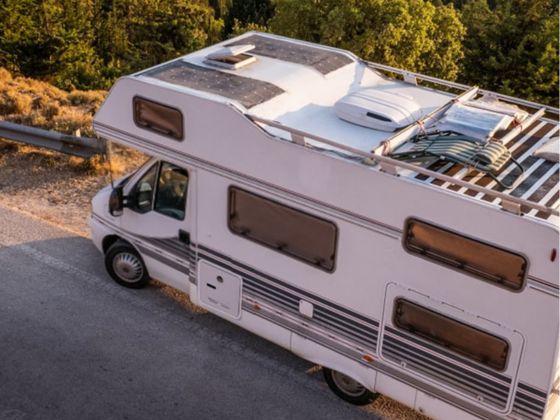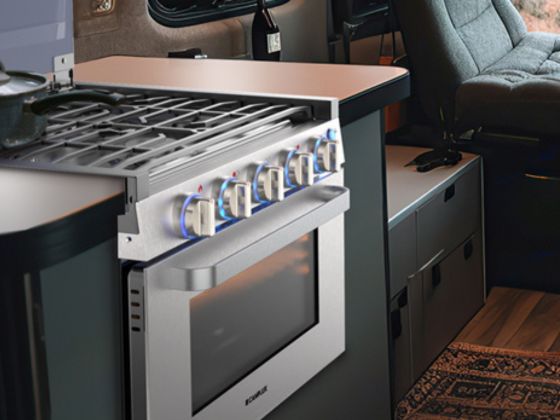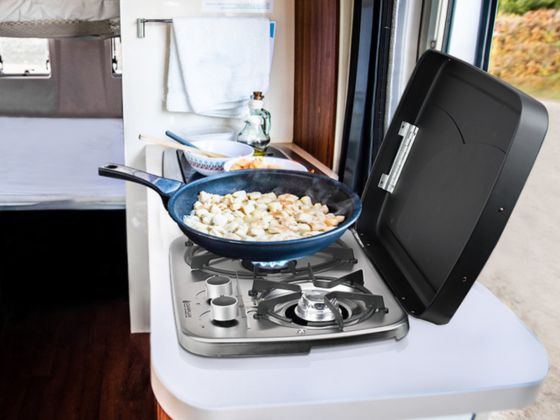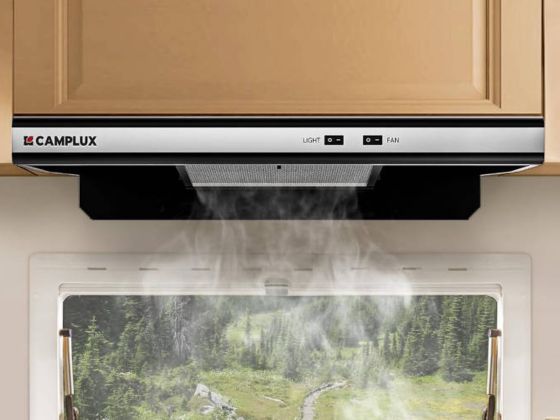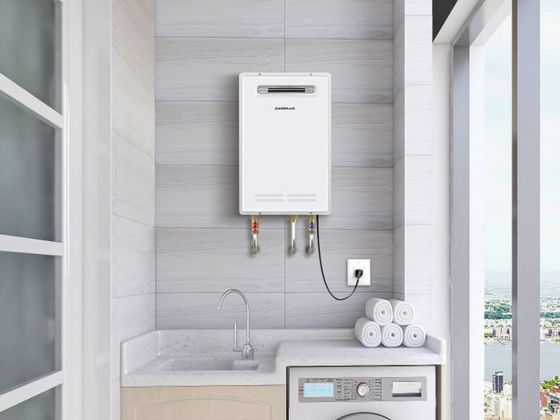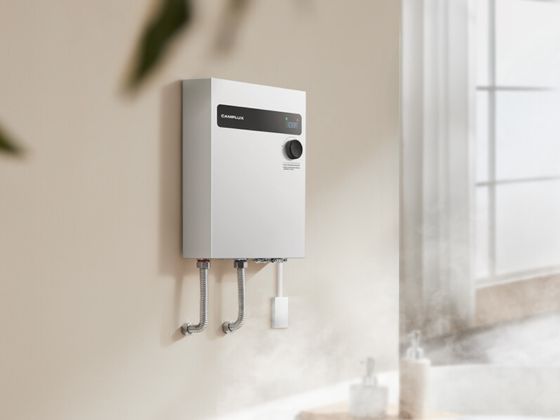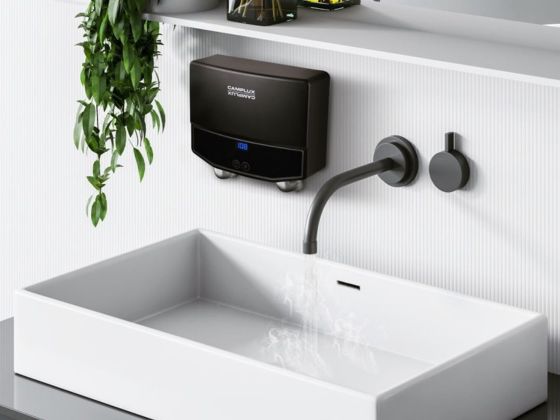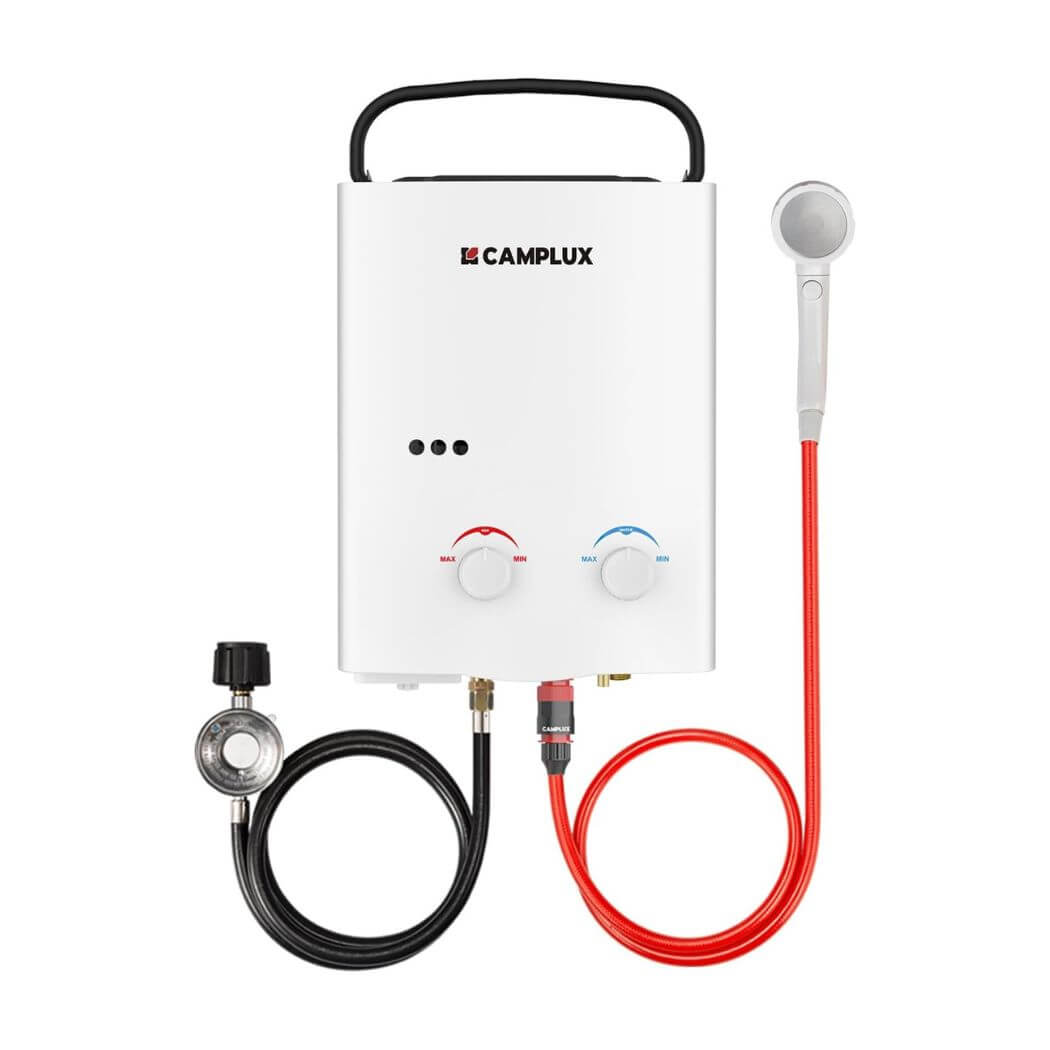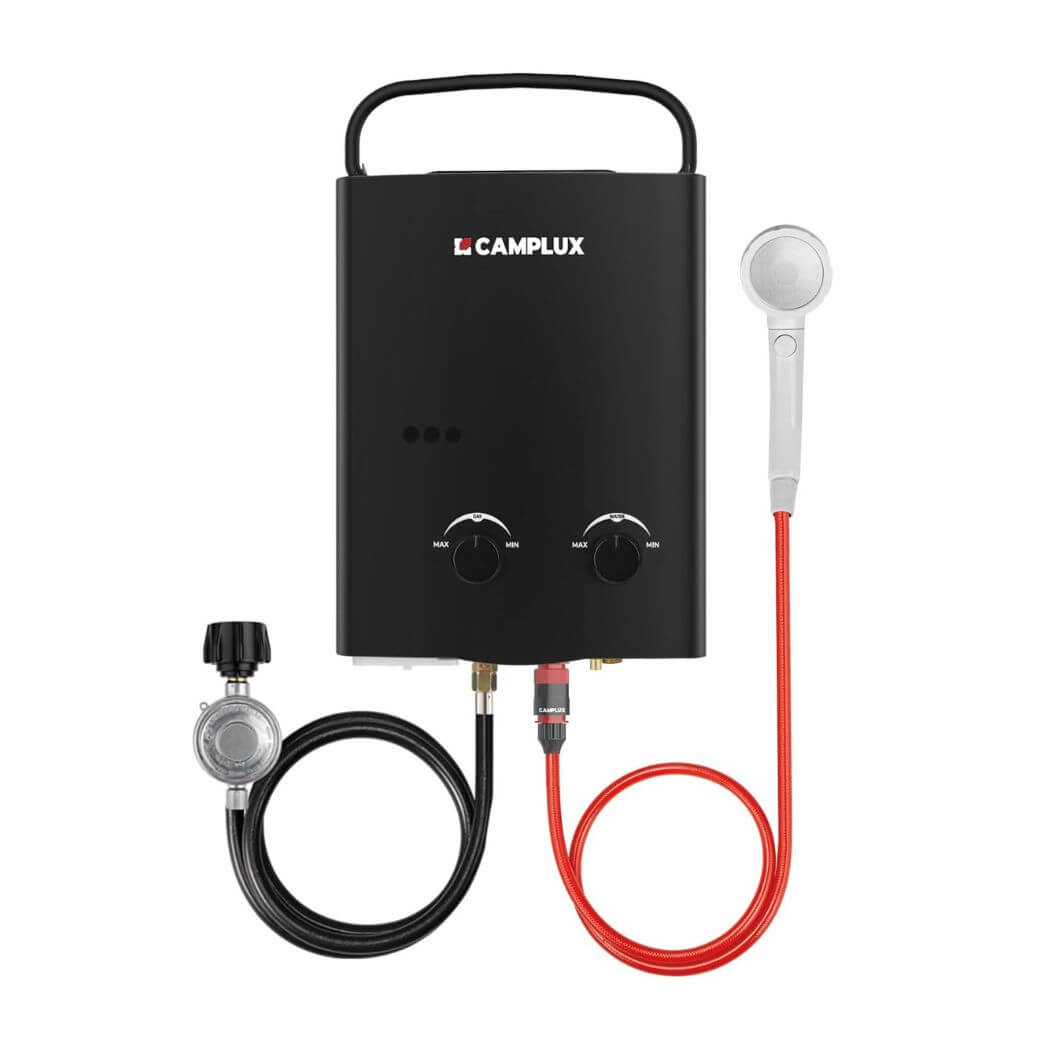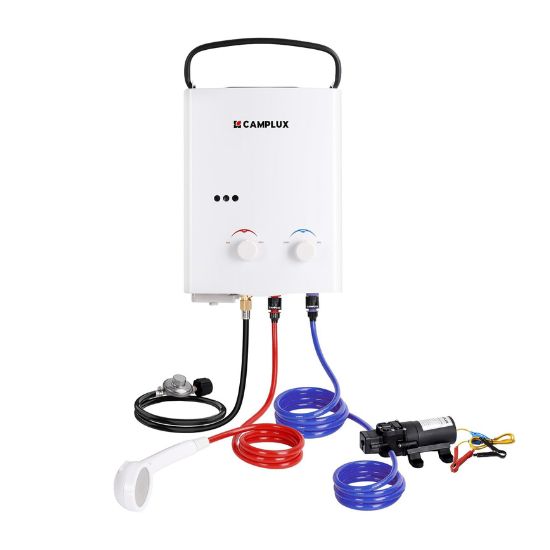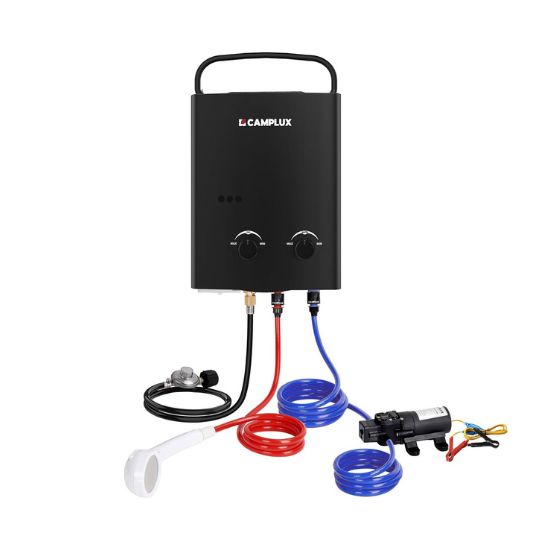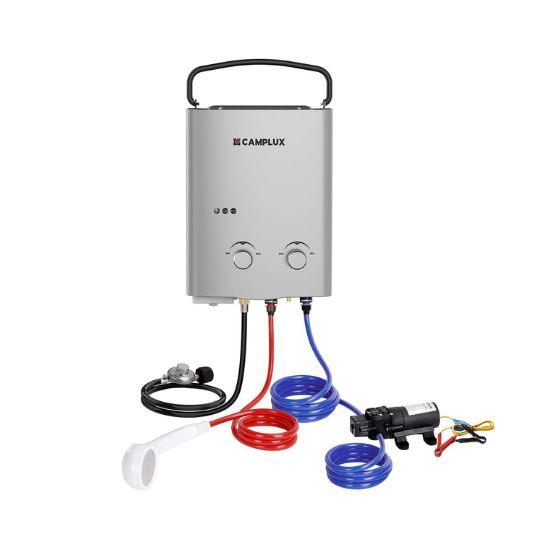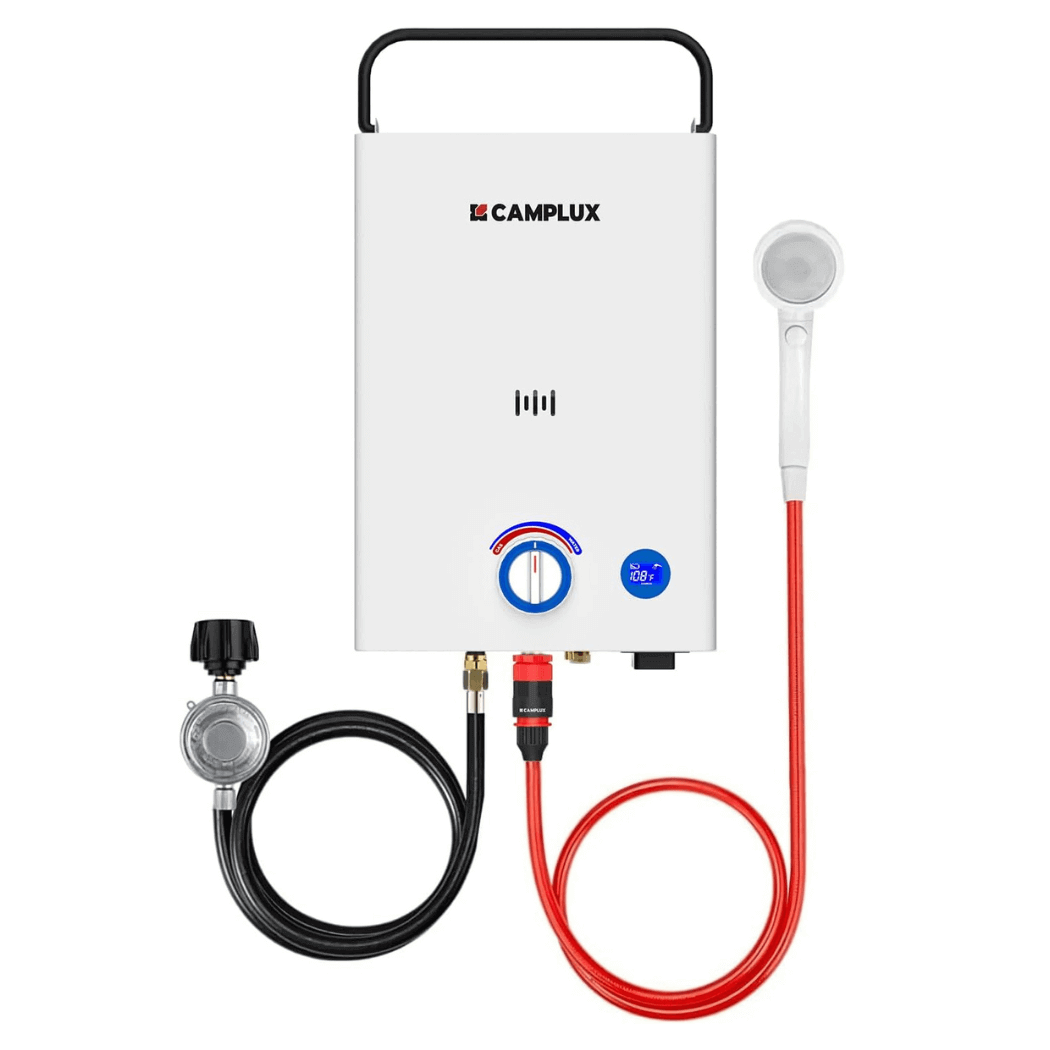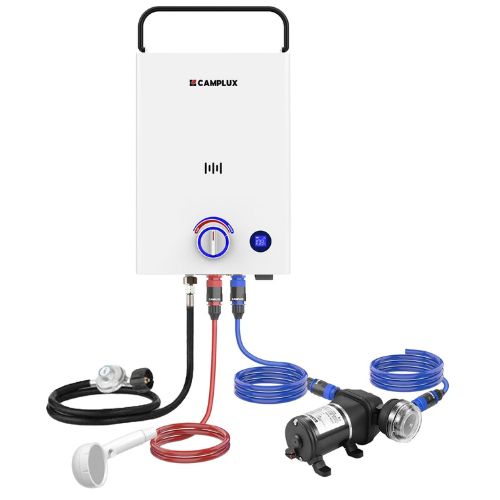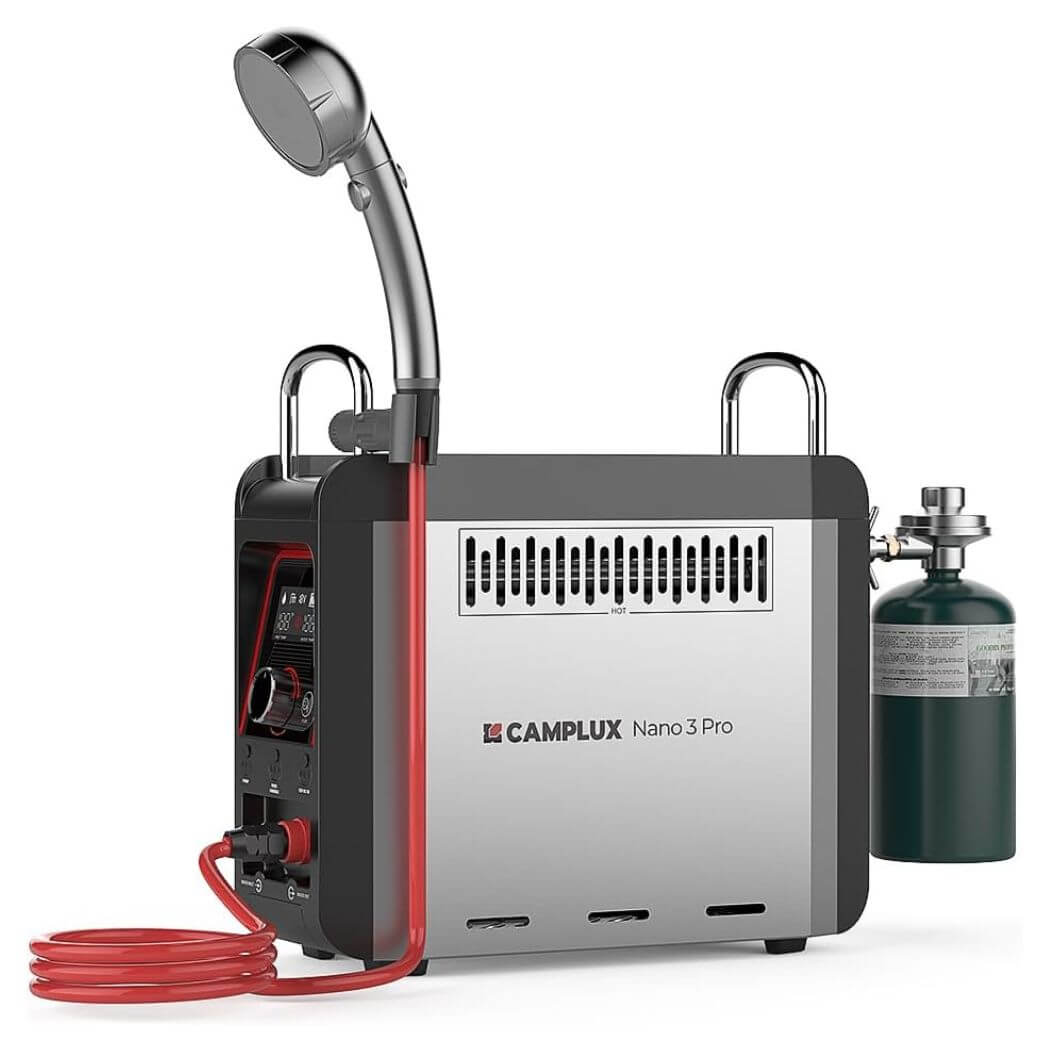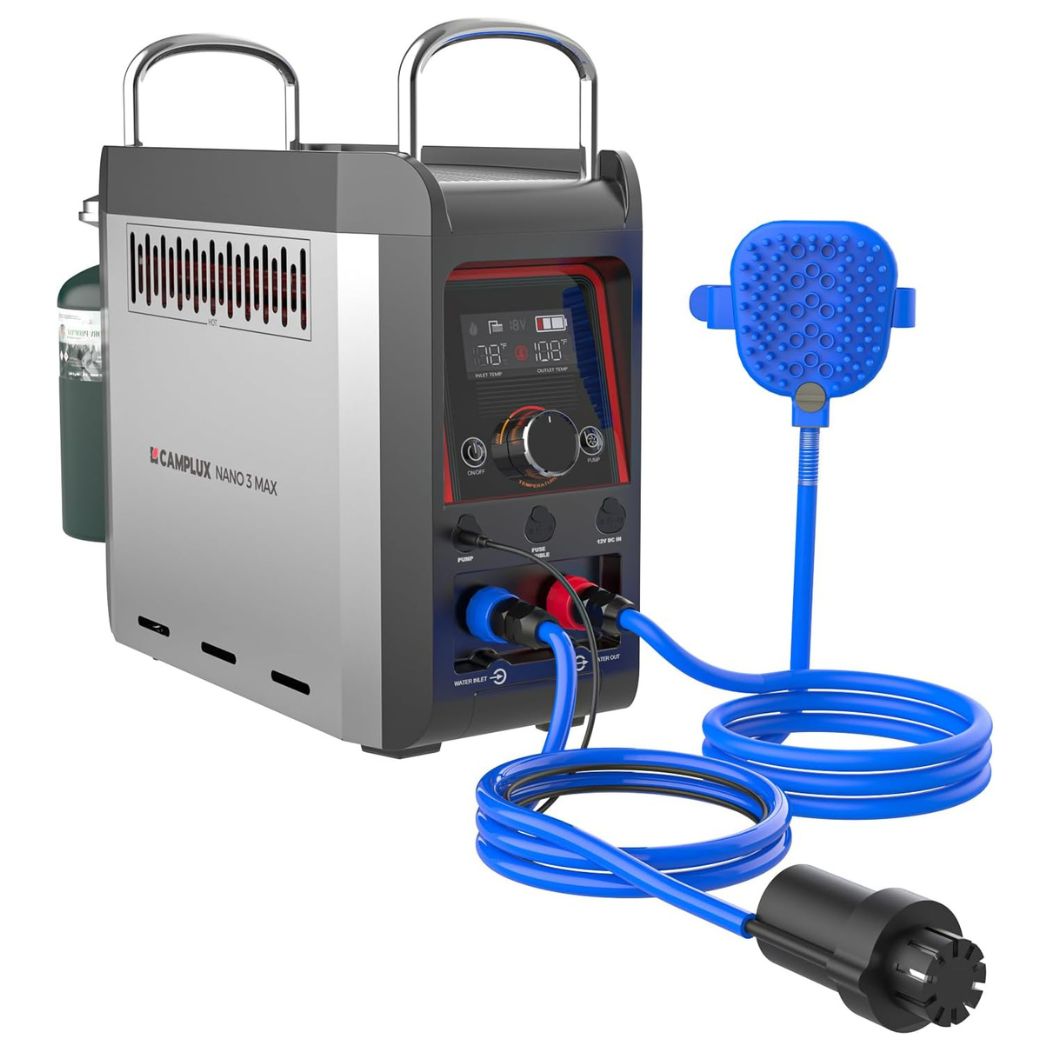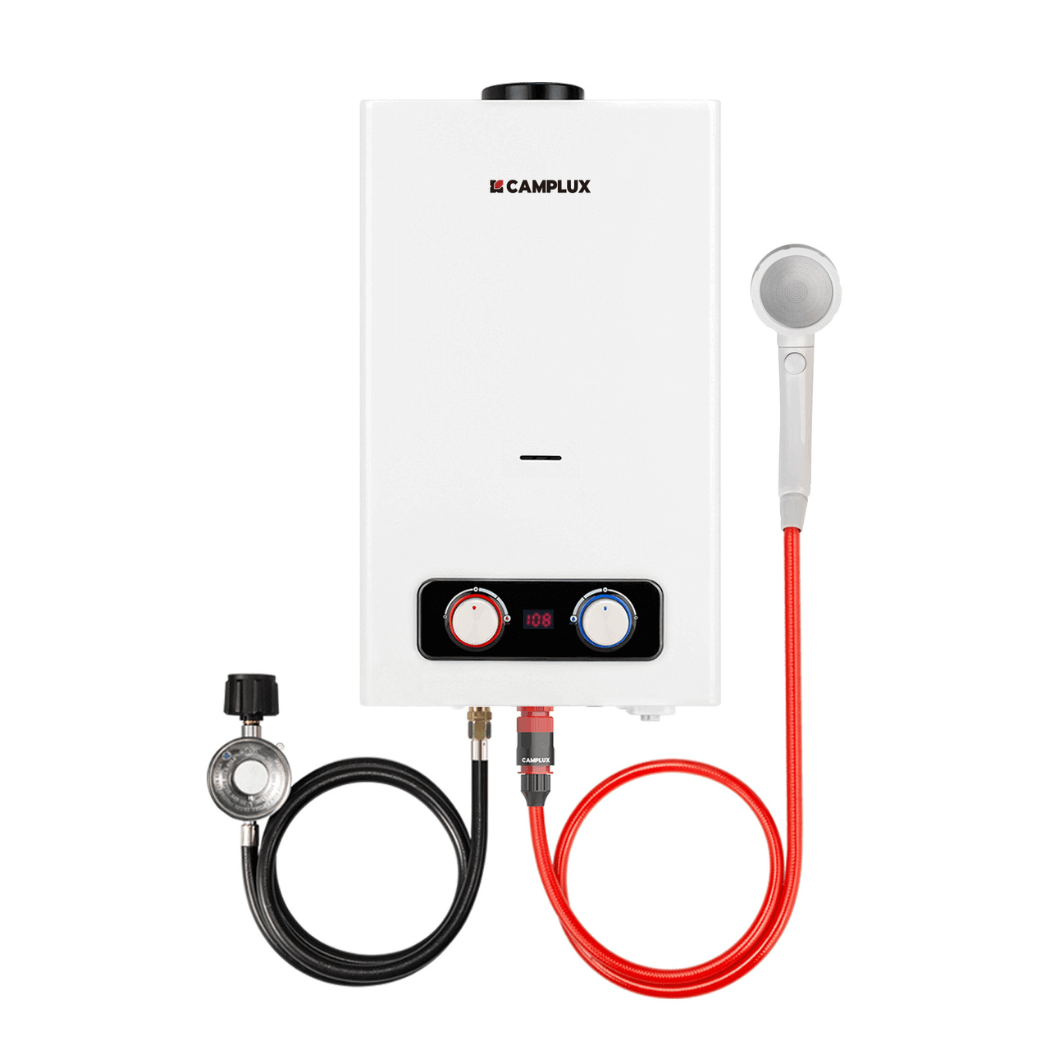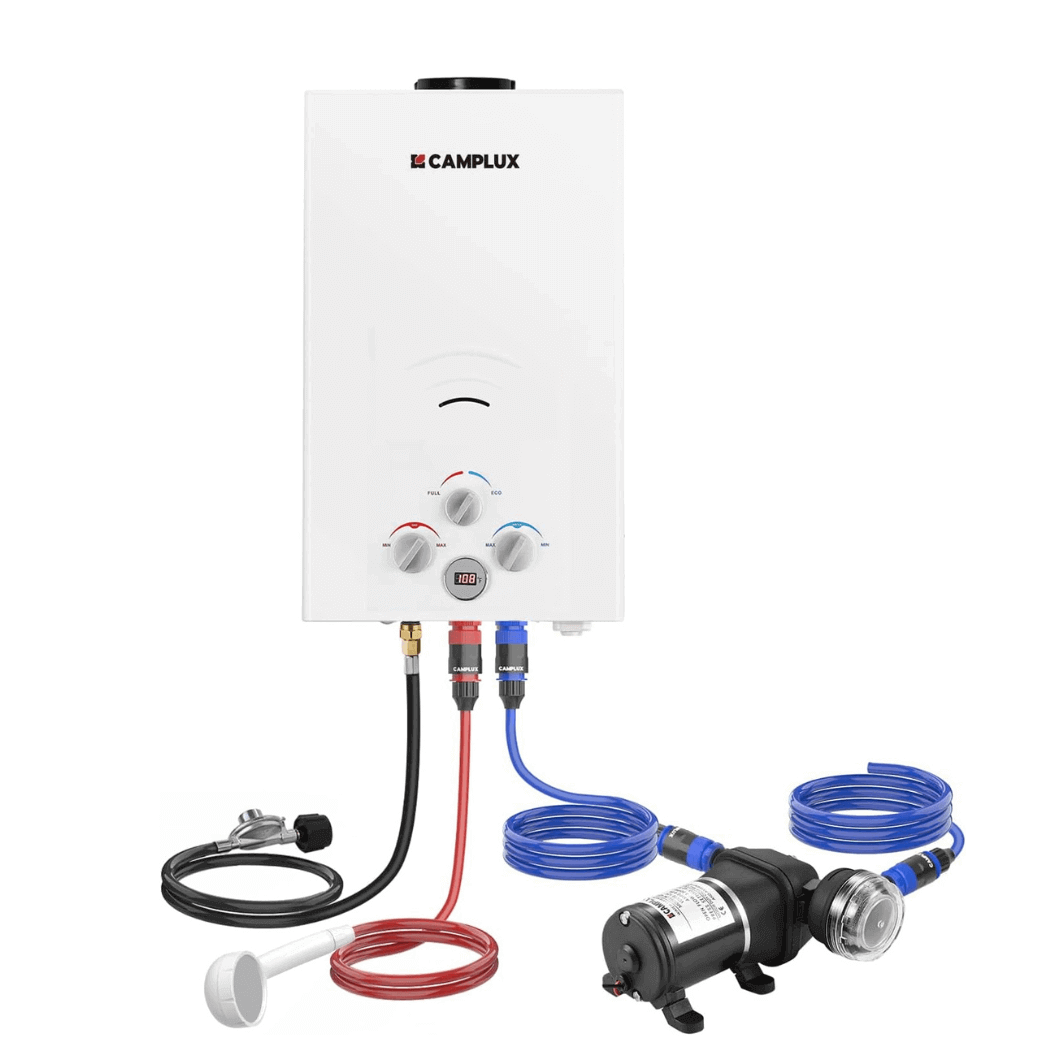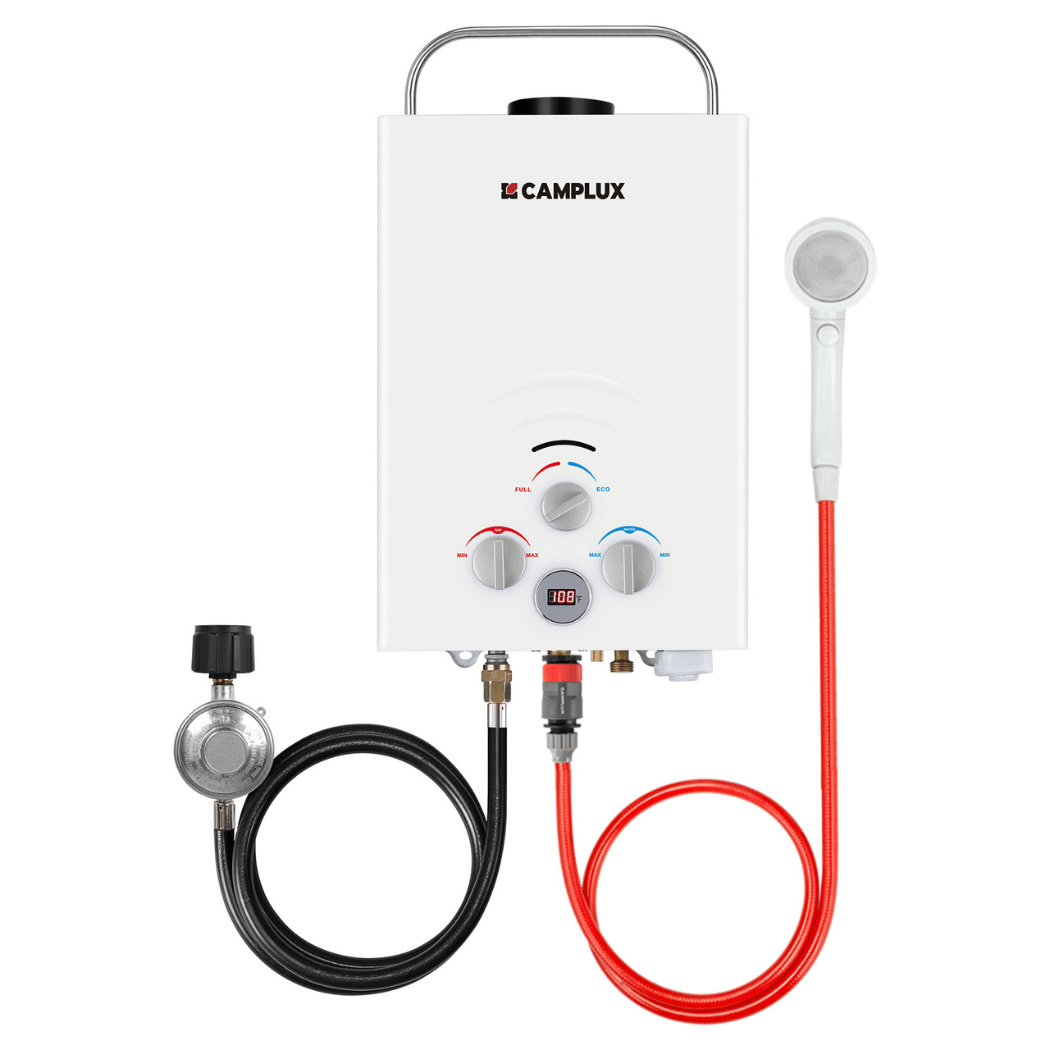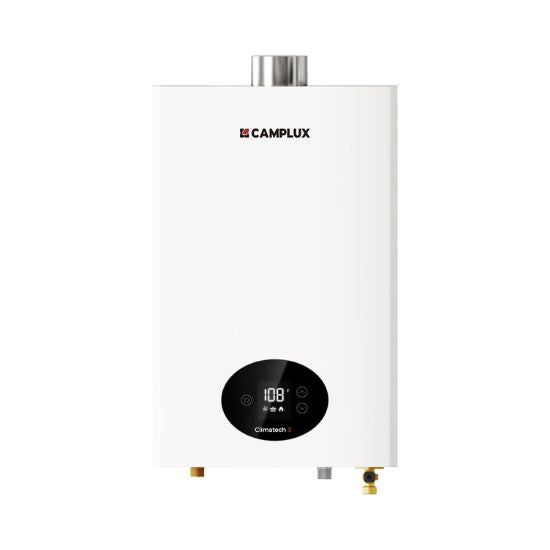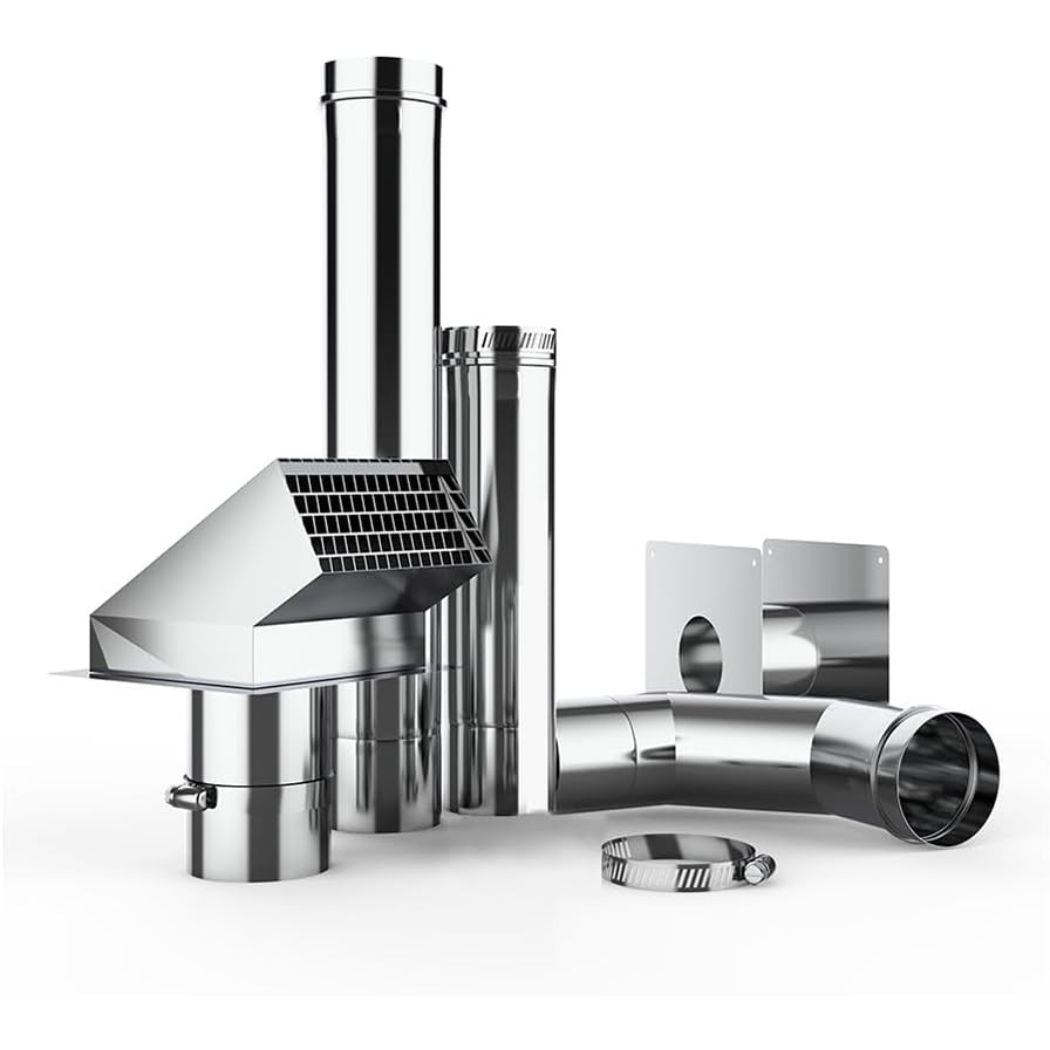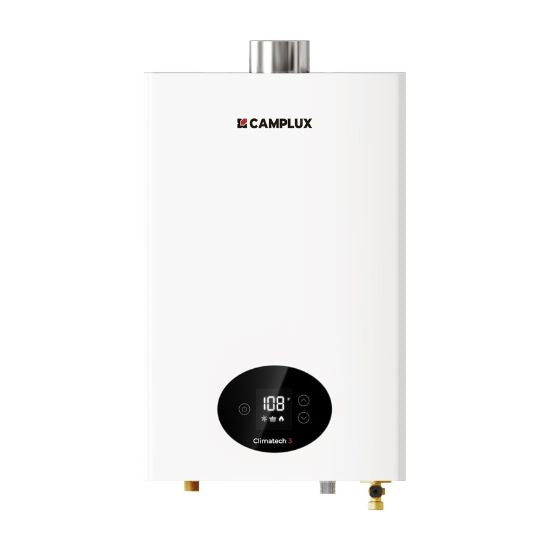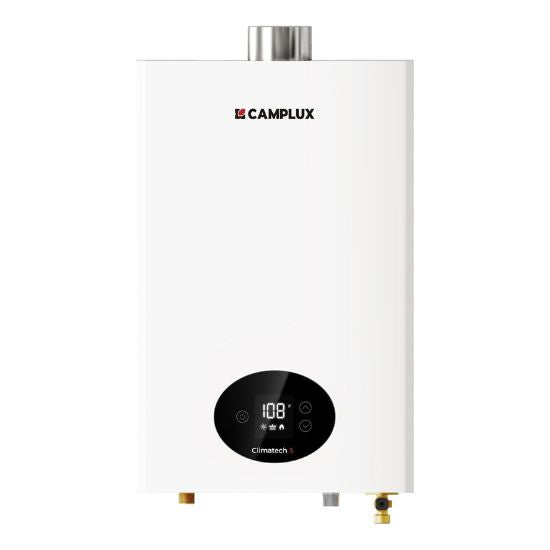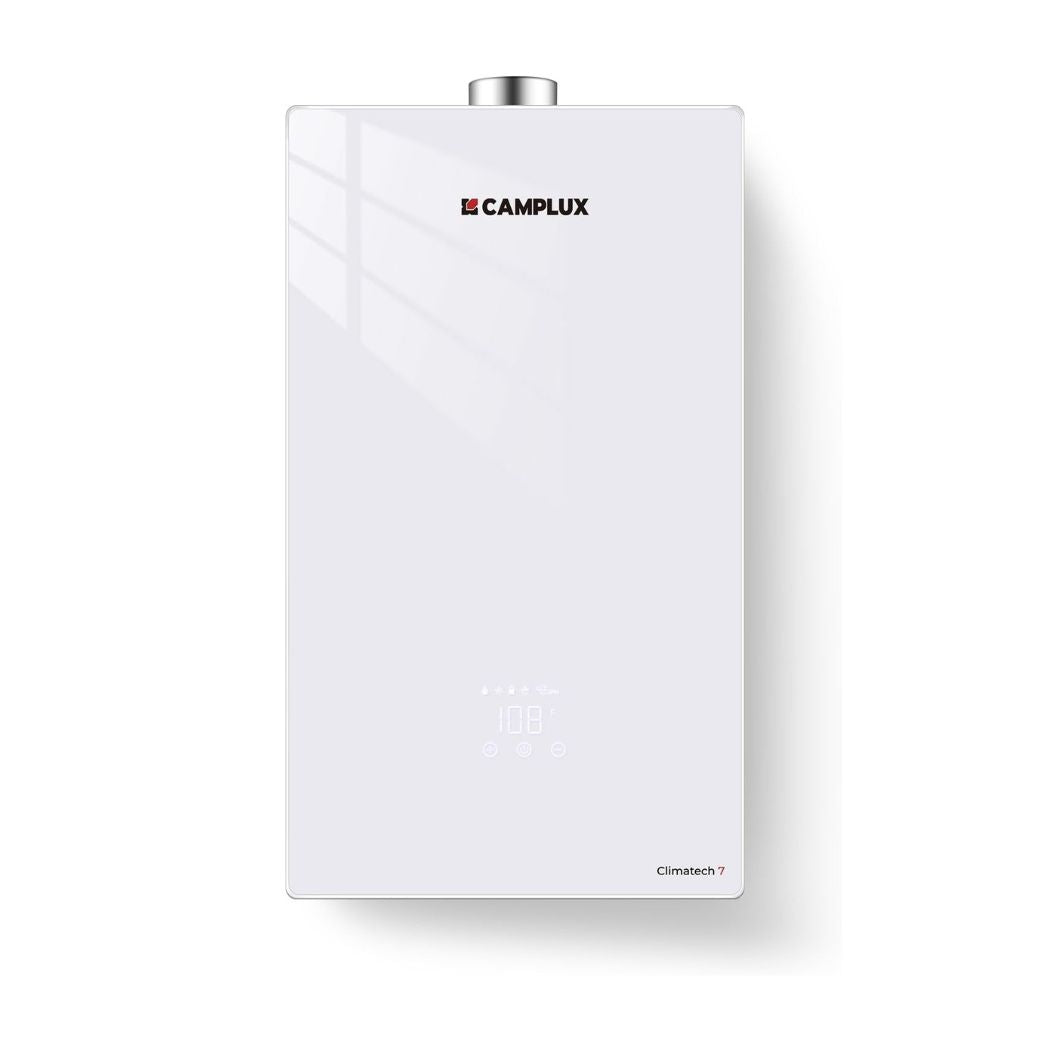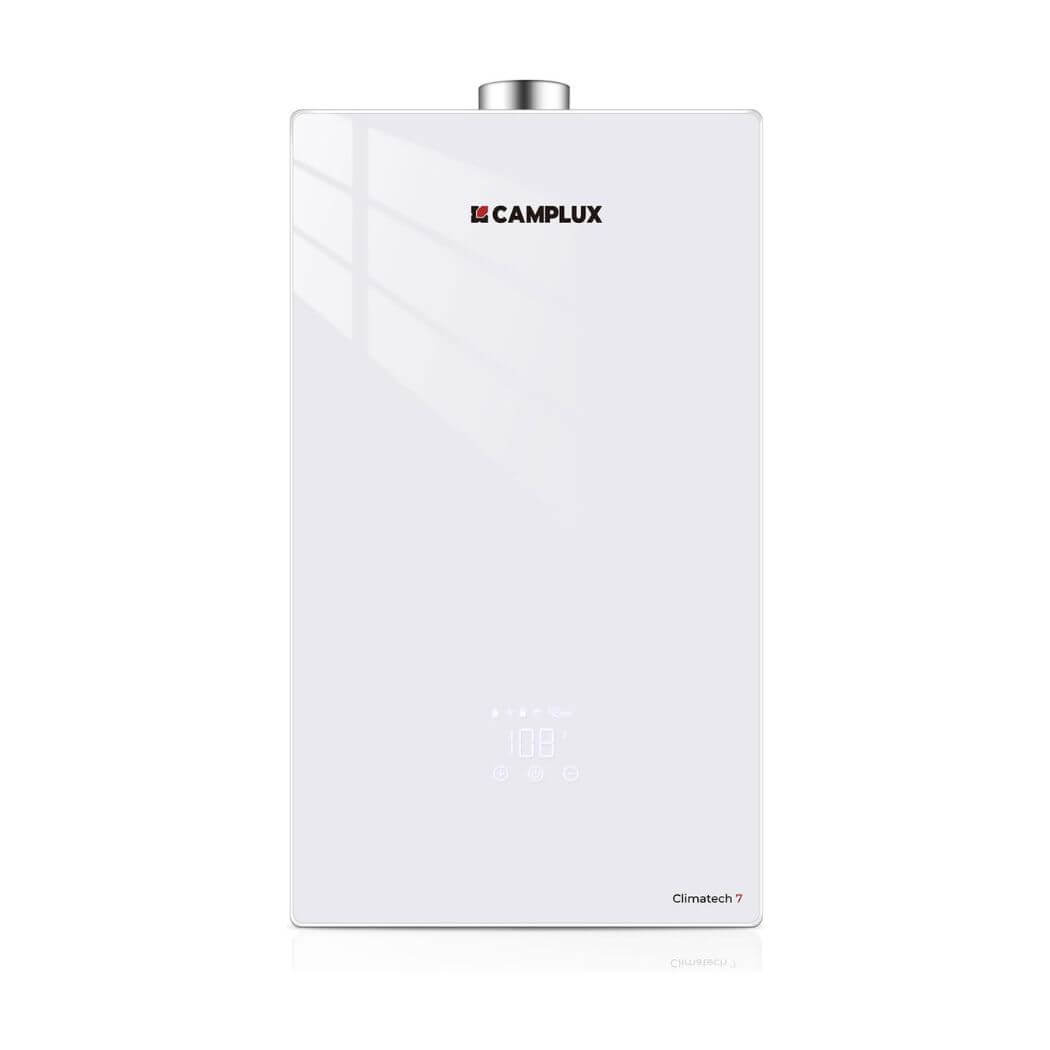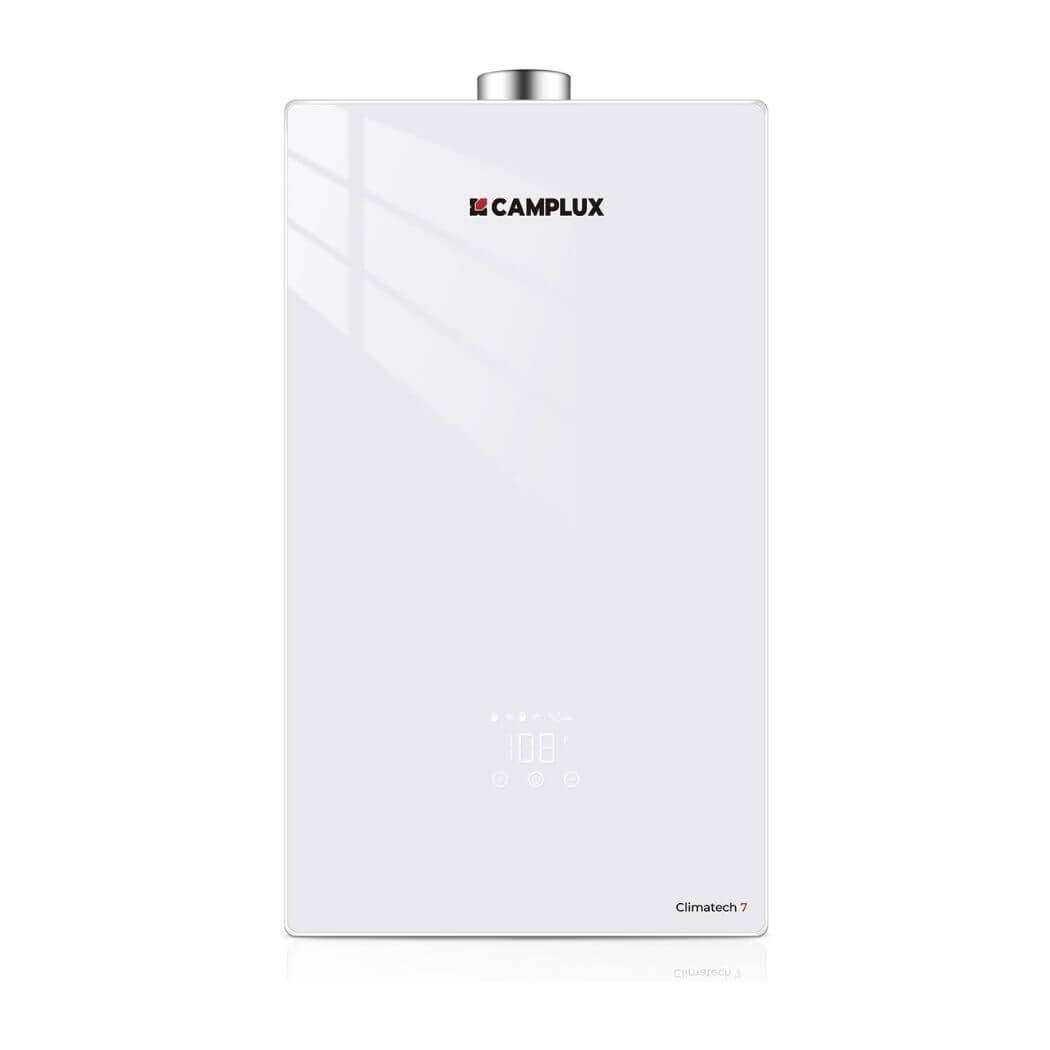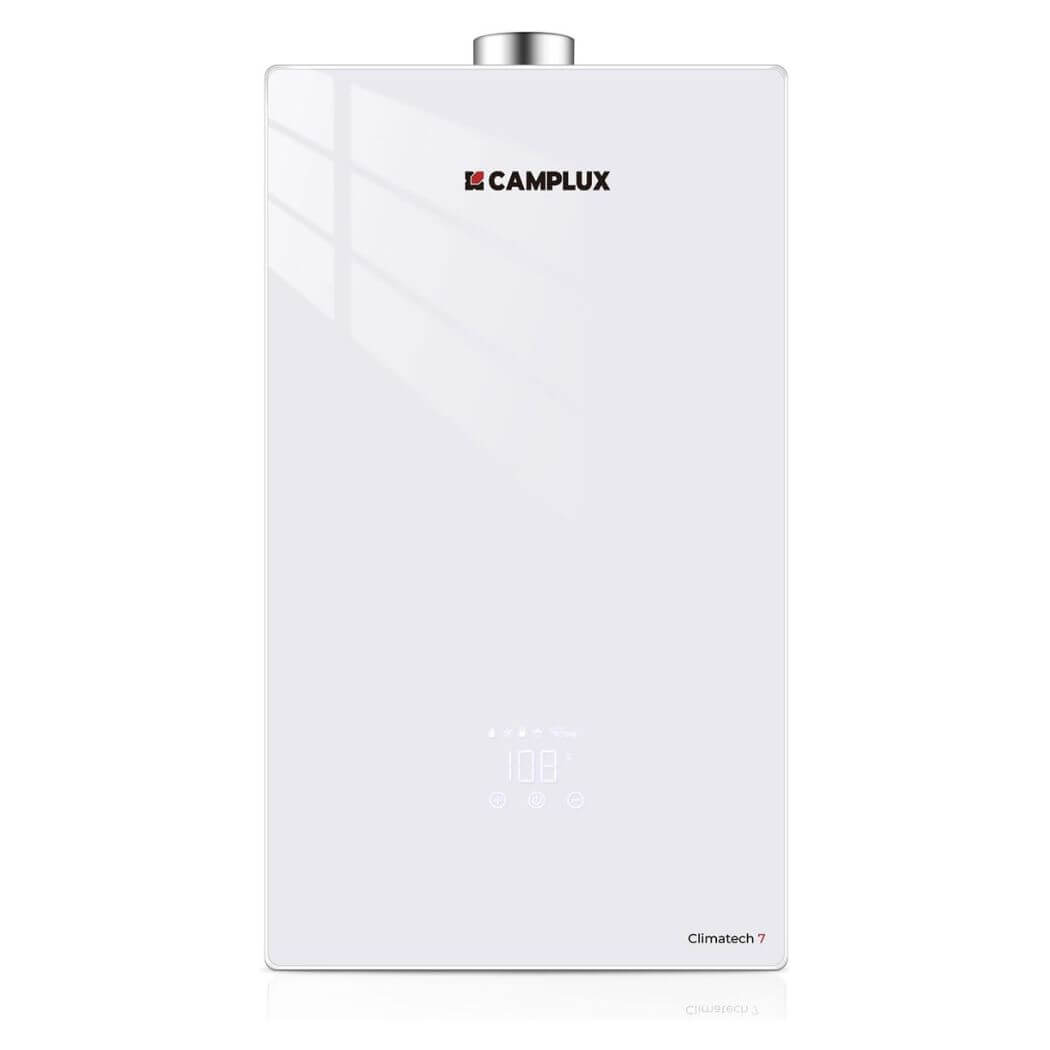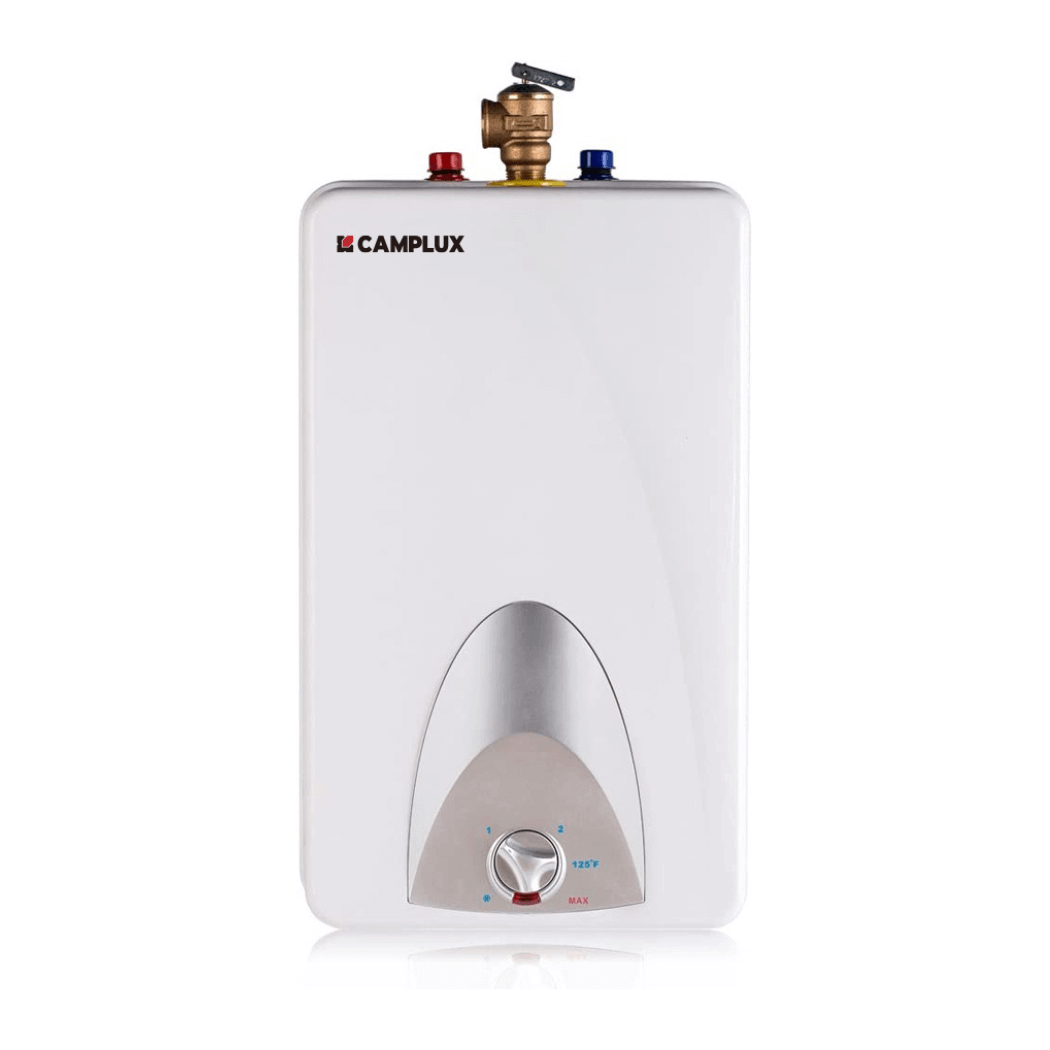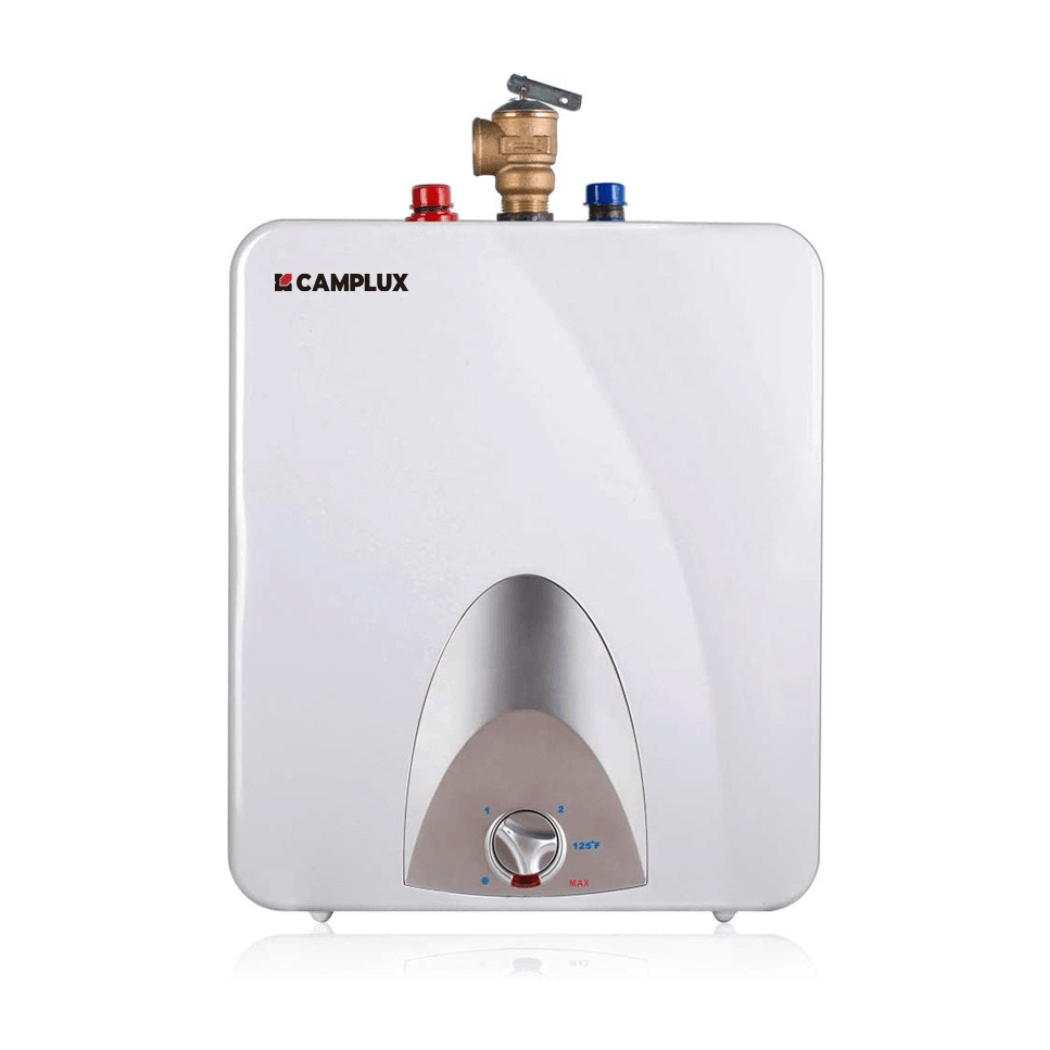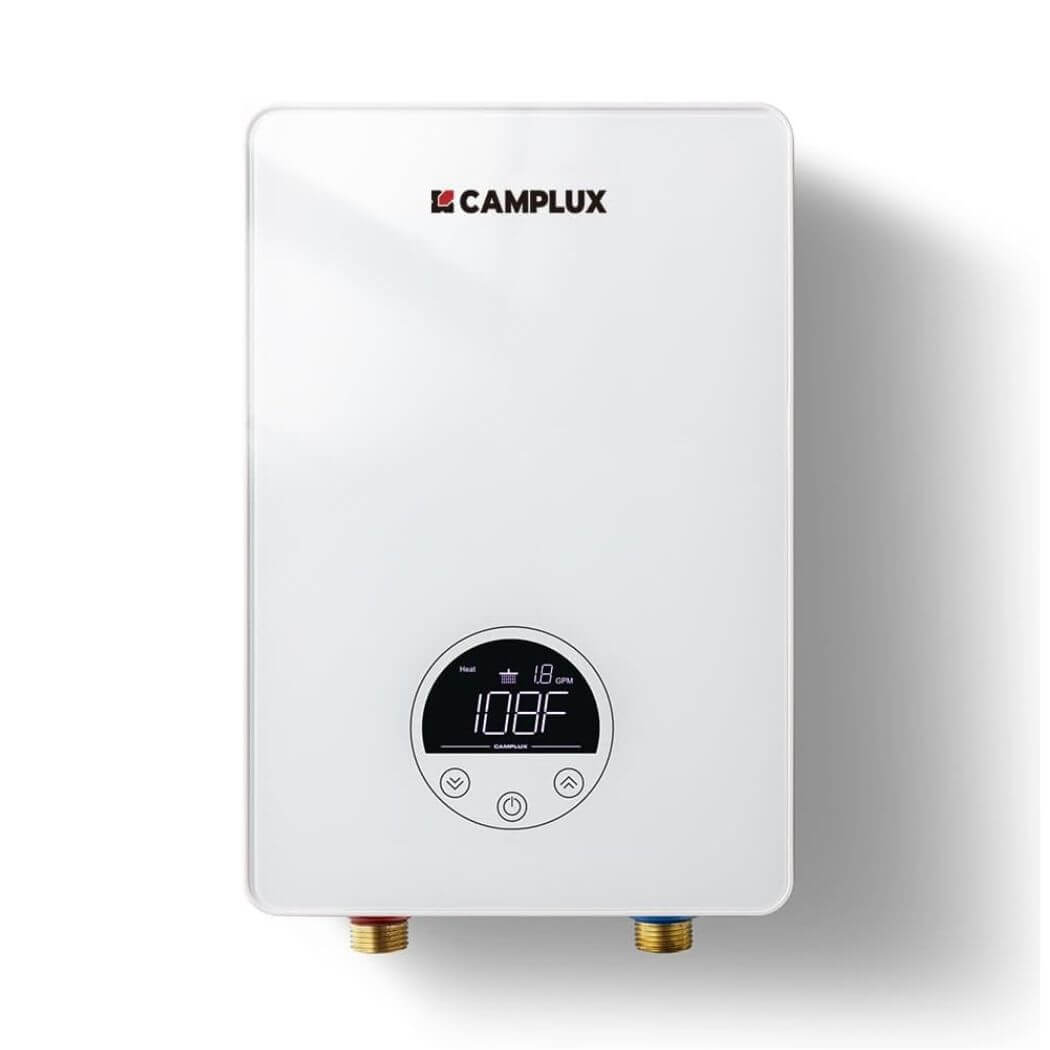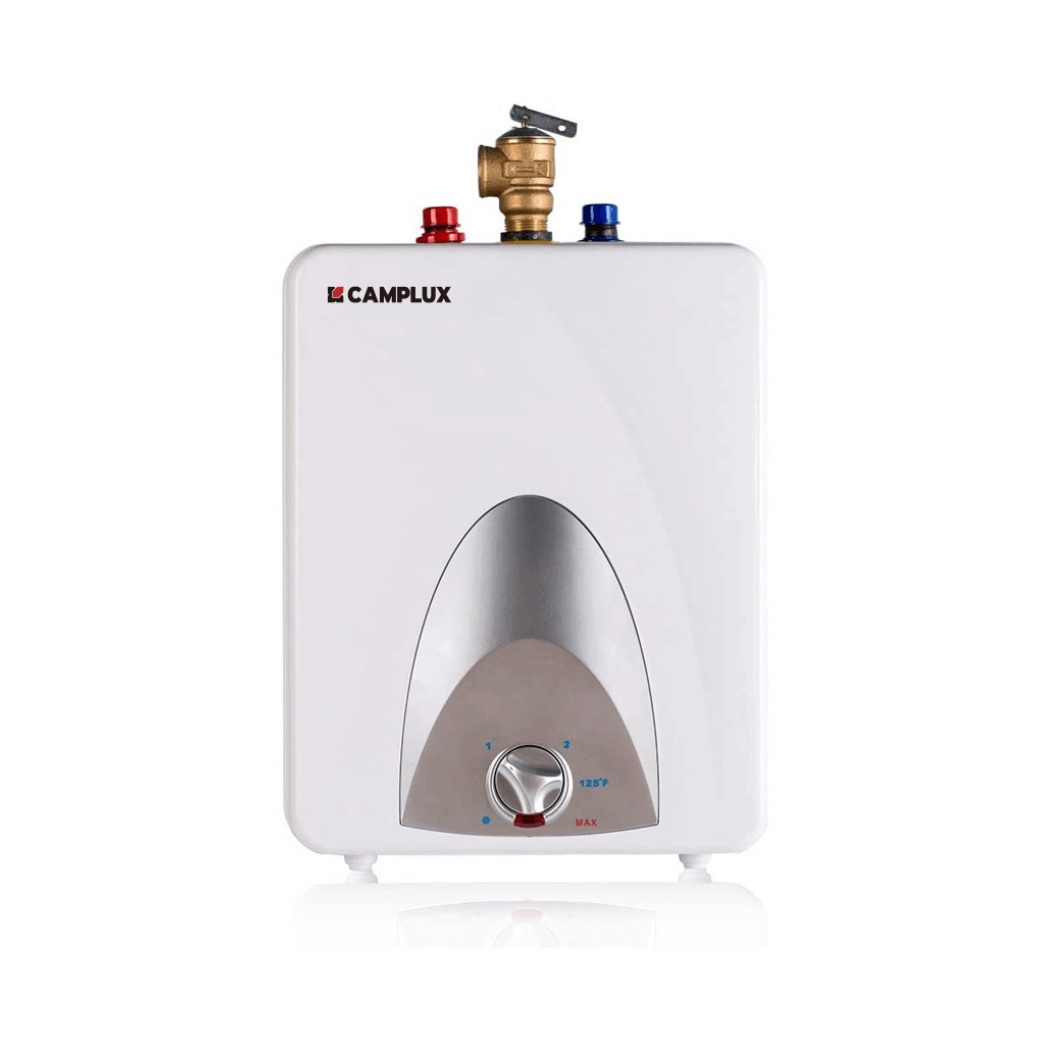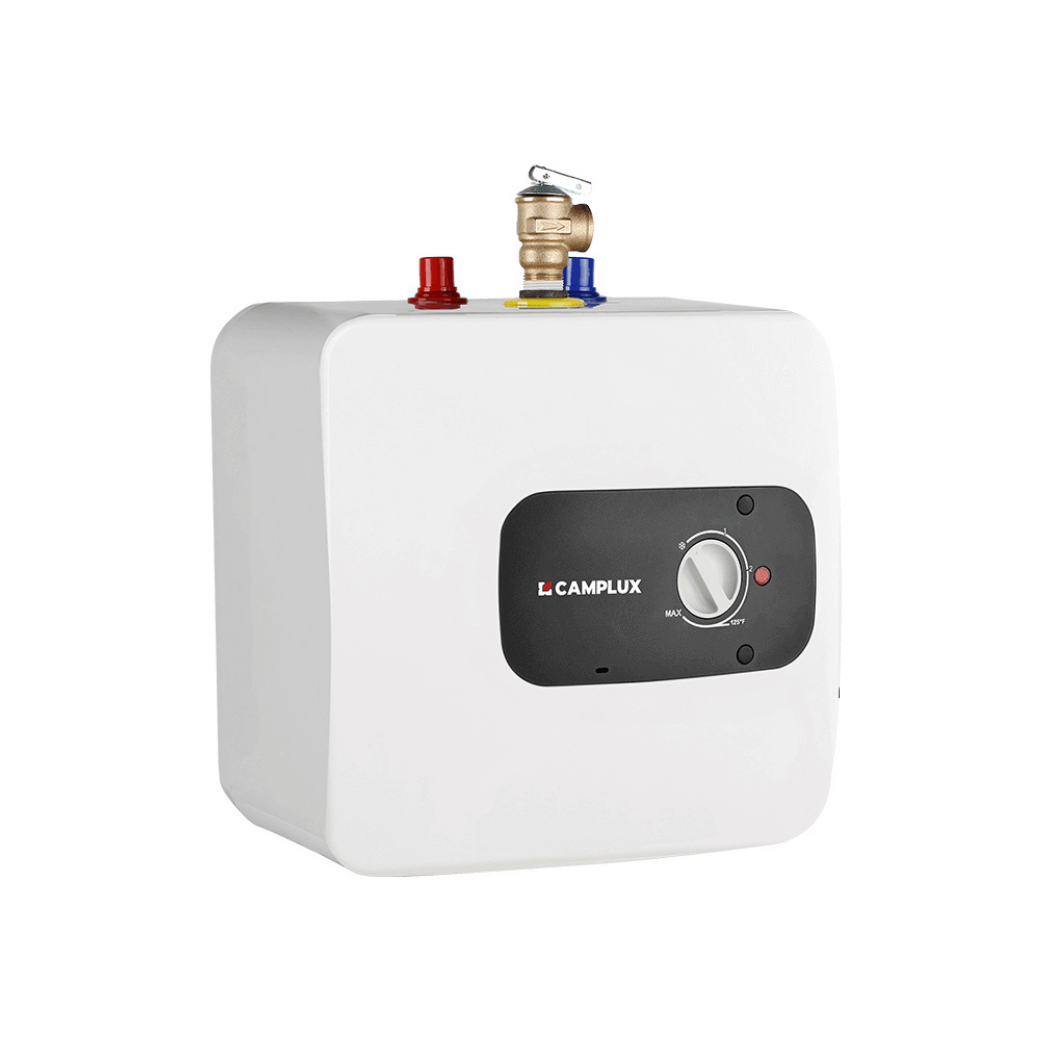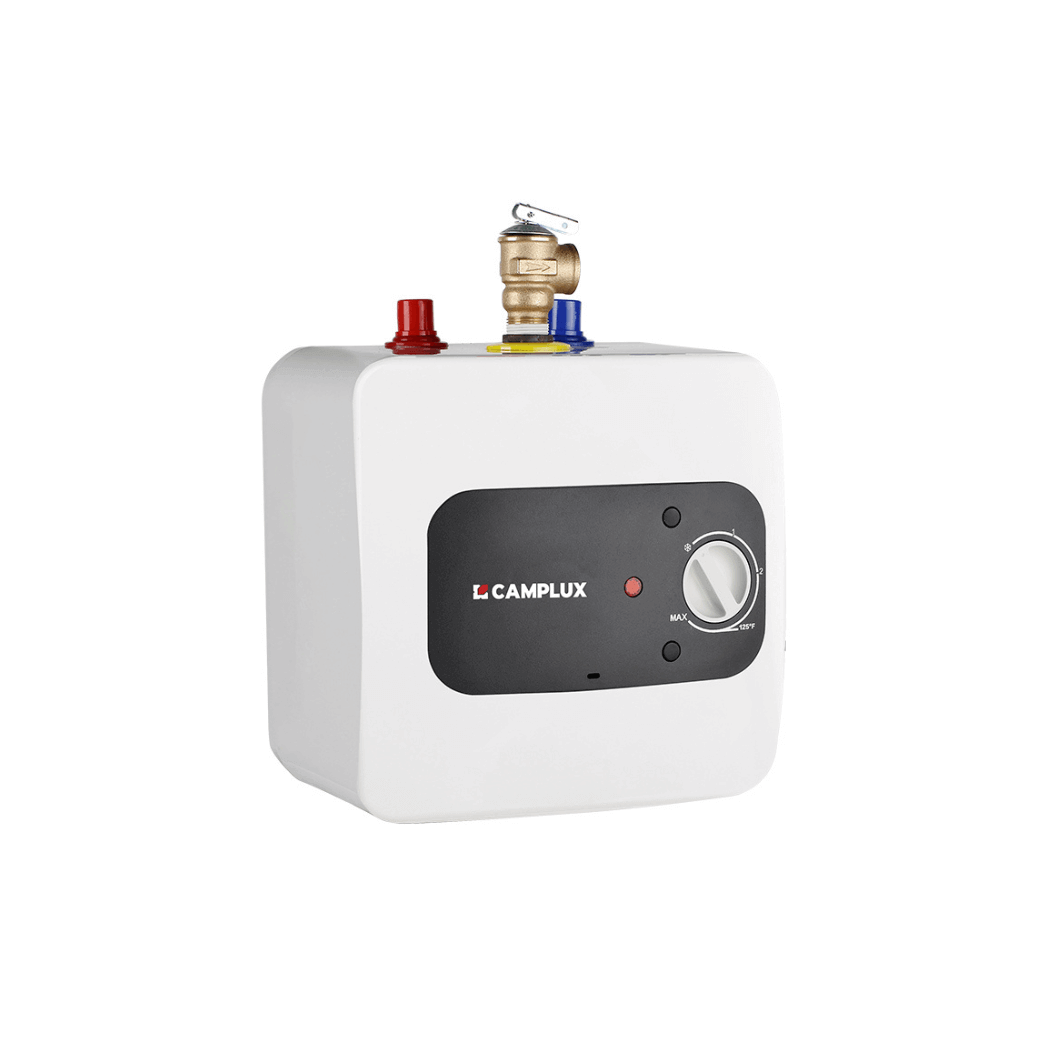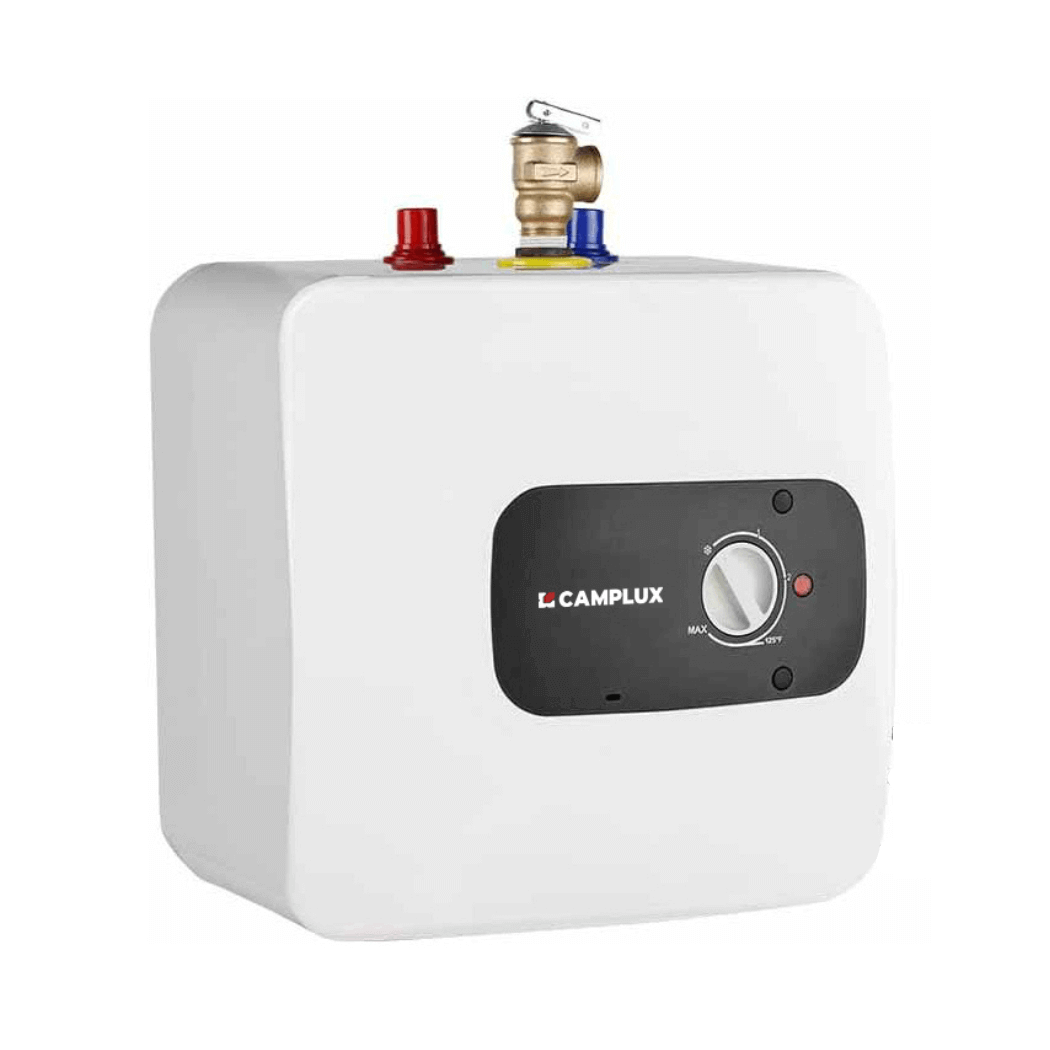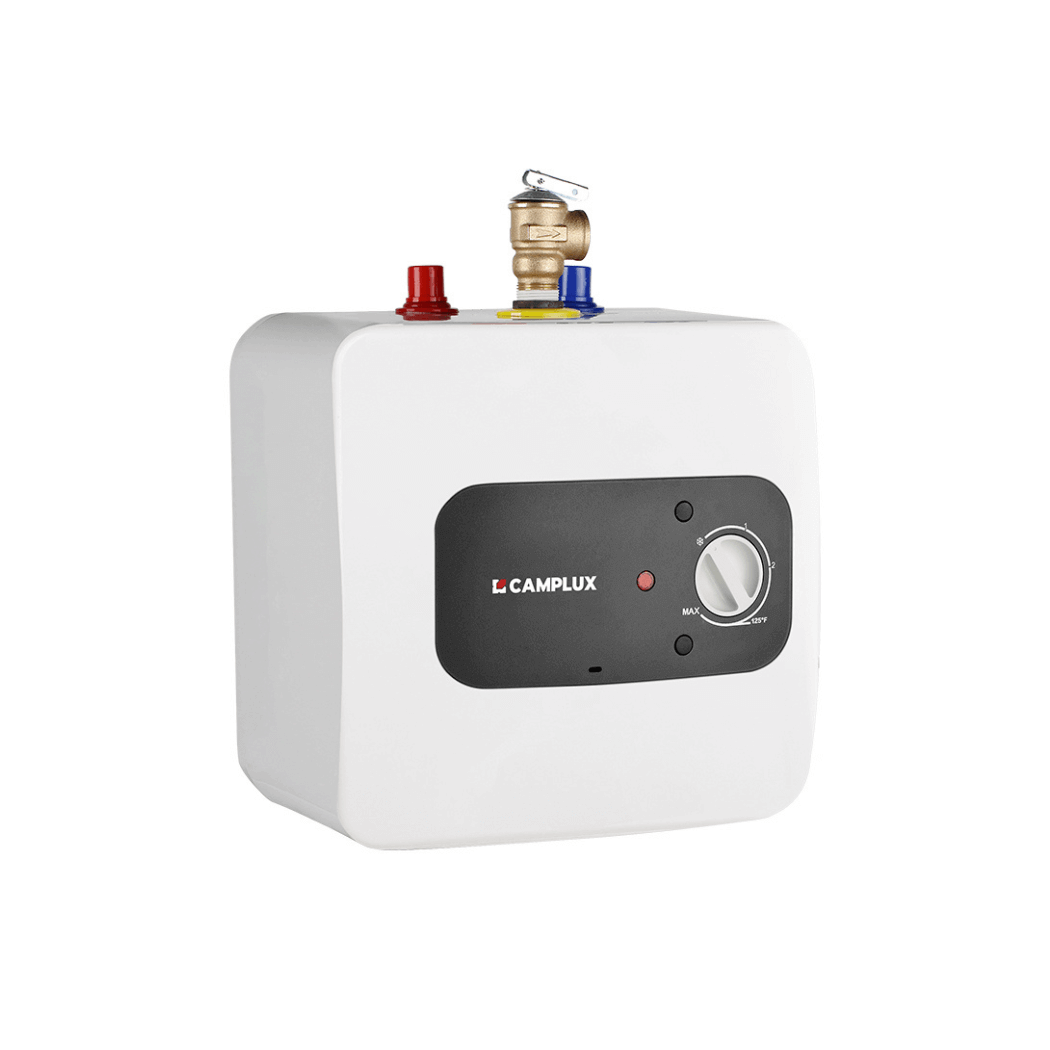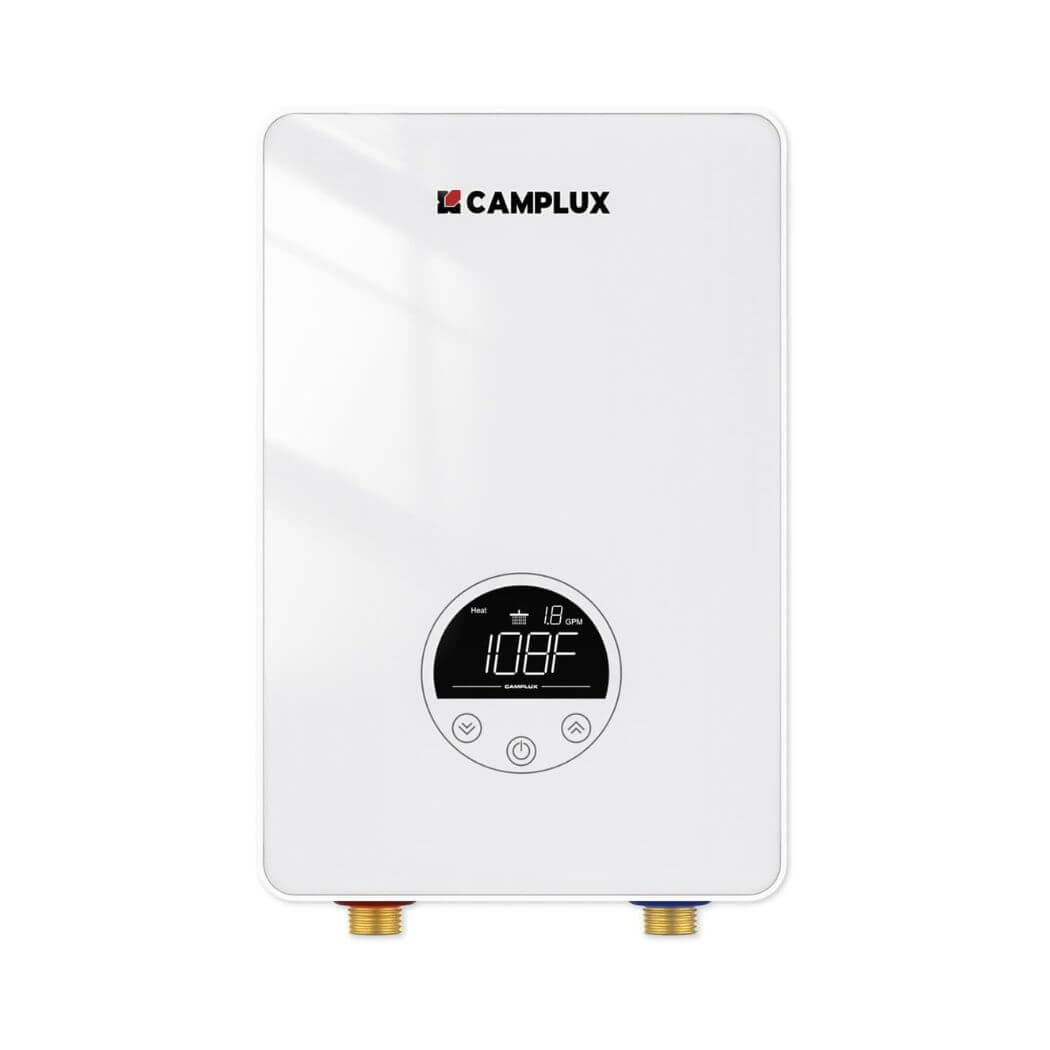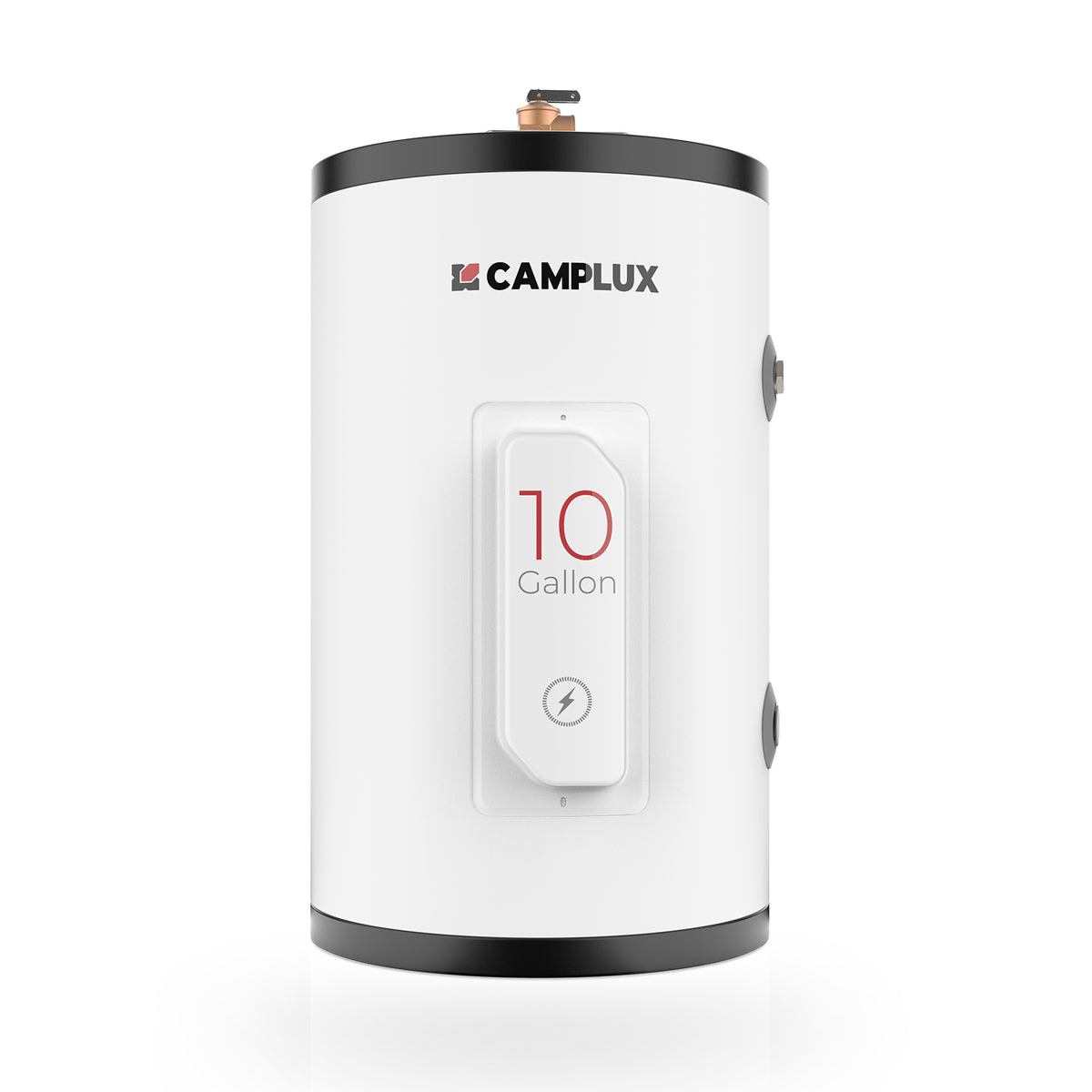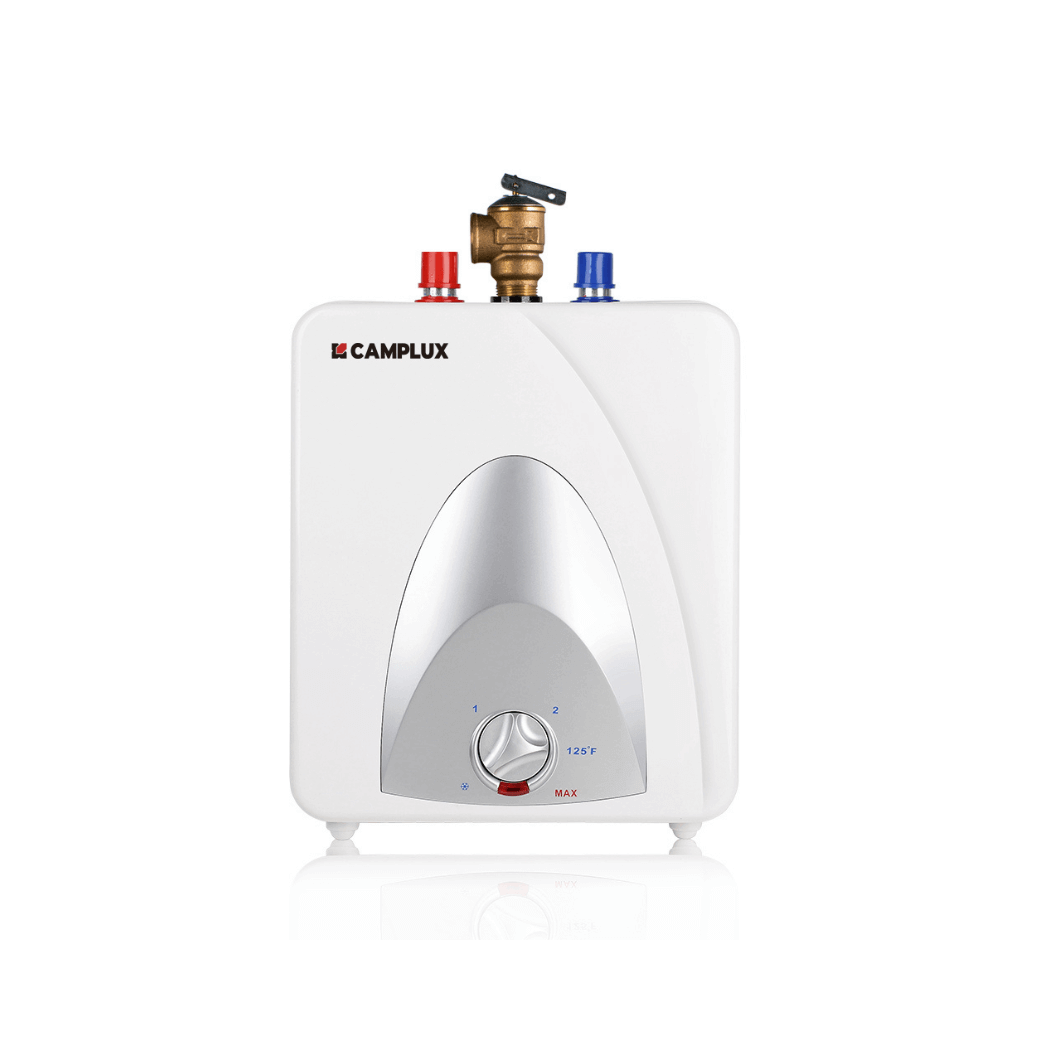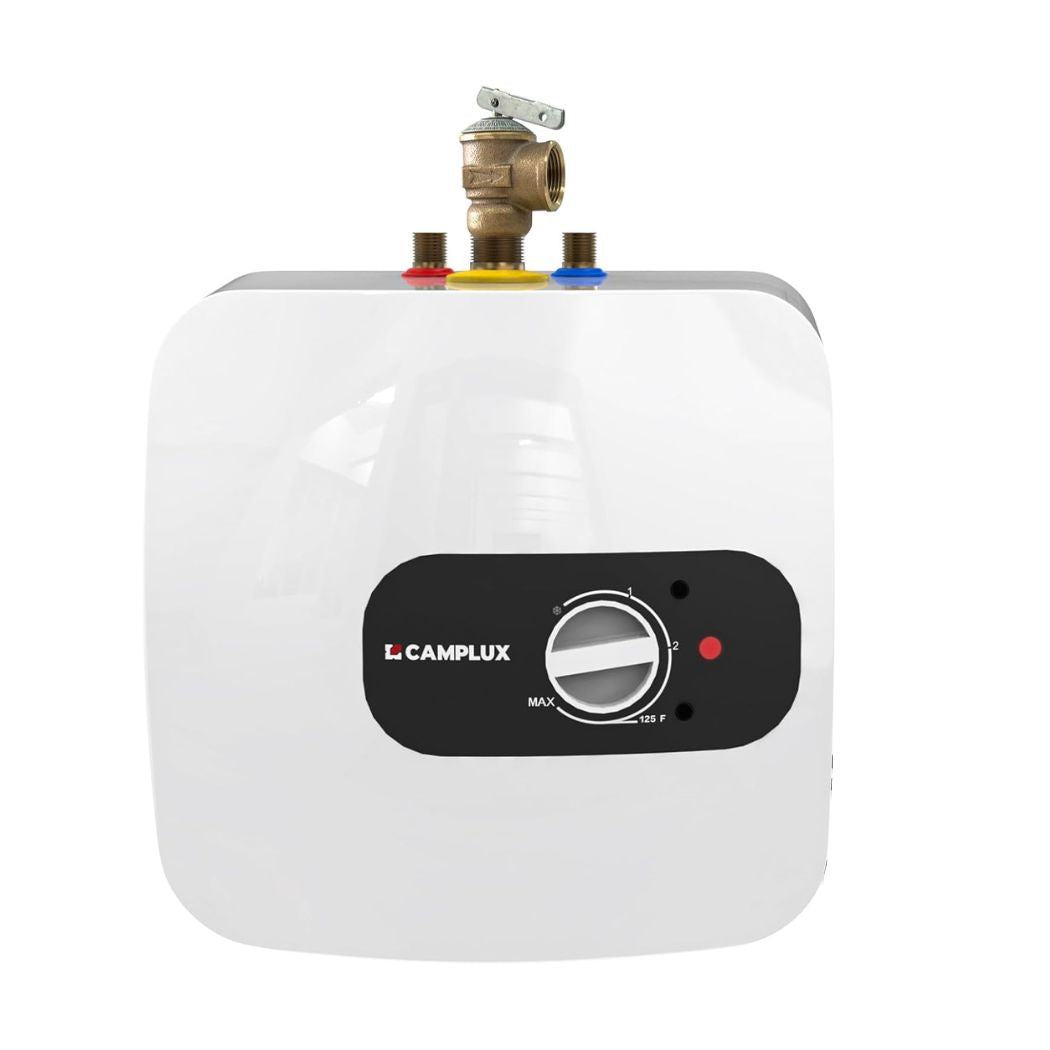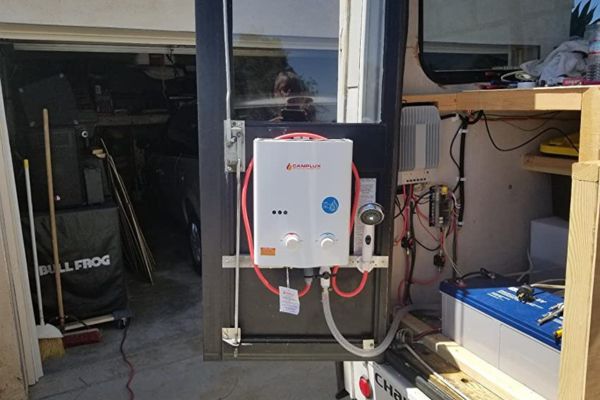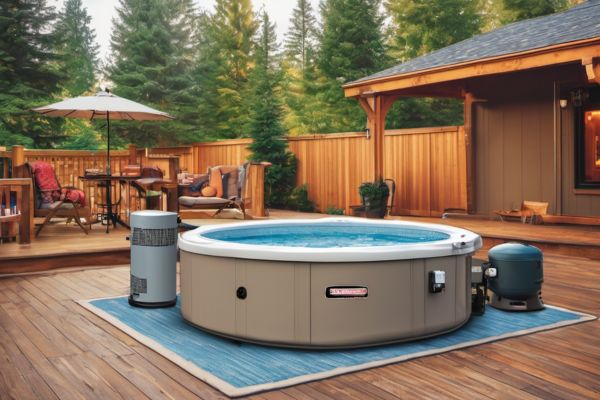Selecting the perfect RV tankless water heater is essential for a comfortable and convenient camping experience. In this article, we will explore the basics of RV tankless water heaters, discuss the different types available, guide you in determining the right size for your RV, provide installation and maintenance tips, and compare the top brands in the market. By the end, you will have a clear understanding of what to consider when choosing an RV tankless water heater.
Key Takeaways
- Understand how RV tankless water heaters work and their benefits
- Consider factors such as fuel type, size, and efficiency when choosing an RV tankless water heater
- Calculate the water flow rate and temperature rise to determine the right size for your RV
- Follow proper installation steps and perform regular maintenance for optimal performance
- Compare top RV tankless water heater brands based on features, energy efficiency, and user-friendly controls
Understanding the Basics of RV Tankless Water Heaters
How Do RV Tankless Water Heaters Work?
RV tankless water heaters work by heating water on demand, providing a continuous supply of hot water whenever it is needed. Unlike traditional tank water heaters, which store and heat a large volume of water, tankless water heaters heat water as it flows through the unit. This process eliminates the need for a storage tank and allows for more efficient use of energy. When a hot water tap is turned on, cold water enters the tankless water heater and passes through a heat exchanger. The heat exchanger rapidly heats the water to the desired temperature, which is then delivered to the faucet or shower. This instantaneous heating process ensures that hot water is always available, making RV tankless water heaters a convenient and efficient choice for RV owners.

Benefits of Using an RV Tankless Water Heater
Using an RV tankless water heater offers several advantages for RV owners. One of the key benefits is endless hot water . Unlike traditional tank water heaters, which have a limited supply of hot water, tankless water heaters provide a continuous flow of hot water as long as there is a supply of cold water and a power source. This means you can enjoy long showers or run multiple appliances without worrying about running out of hot water.
Another advantage of RV tankless water heaters is their compact size . These units are designed to be space-saving, making them ideal for RVs with limited space. They can be installed in small compartments or even mounted on the exterior of the RV, freeing up valuable interior space.
Additionally, RV tankless water heaters are energy-efficient . They only heat water when it is needed, unlike tank water heaters that constantly heat and store water. This can result in significant energy savings over time, especially for RV owners who frequently use hot water.
In summary, the benefits of using an RV tankless water heater include:
- Endless hot water
- Compact size
- Energy efficiency
If you're considering upgrading your RV water heating system, an RV tankless water heater is definitely worth considering.
Factors to Consider When Choosing an RV Tankless Water Heater
When choosing an RV tankless water heater, there are several factors to consider:
-
Fuel Type : Determine whether you prefer an electric, propane, or hybrid RV tankless water heater. Each fuel type has its own advantages and considerations.
-
Flow Rate : Consider the desired water flow rate for your RV. This will depend on the number of people using hot water simultaneously and the appliances that require hot water.
-
Temperature Rise : Calculate the temperature rise needed to achieve the desired hot water temperature. This will depend on the incoming water temperature and the desired output temperature.
-
Size and Space : Evaluate the available space in your RV for the water heater. Measure the dimensions and ensure that the chosen water heater will fit properly.
-
Energy Efficiency : Look for an RV tankless water heater that is energy efficient to help reduce energy consumption and save on fuel costs.
-
Installation and Maintenance : Consider the ease of installation and maintenance requirements of the water heater. Some models may require professional installation or regular maintenance.
Remember to carefully evaluate these factors to select the perfect RV tankless water heater for your needs.
Types of RV Tankless Water Heaters
Electric RV Tankless Water Heaters
Electric RV tankless water heaters are a popular choice among RV owners due to their efficiency and convenience. These water heaters use electricity to heat the water as it flows through the unit, eliminating the need for a storage tank. This means that you can have a continuous supply of hot water without the worry of running out.
One important consideration when choosing an electric RV tankless water heater is the power requirements. Make sure to check the electrical capacity of your RV and ensure that it can support the wattage needed by the water heater. It is also important to note that electric tankless water heaters may require a higher voltage connection, so it's essential to have the appropriate electrical setup.
In terms of energy efficiency, electric RV tankless water heaters are known for their high efficiency ratings. They can provide hot water on demand, reducing energy waste compared to traditional tank water heaters. Additionally, electric models often have advanced features such as temperature control and digital displays, allowing for easy operation and customization.
When it comes to maintenance, electric RV tankless water heaters are relatively low maintenance. Regular cleaning of the unit and descaling can help maintain optimal performance. It's also important to check for any leaks or malfunctions periodically and address them promptly.
Overall, electric RV tankless water heaters offer a reliable and efficient solution for providing hot water in your RV. With their compact size and continuous hot water supply, they are a great choice for RV owners looking to upgrade their water heating system.
Propane RV Tankless Water Heaters
Propane RV tankless water heaters are a popular choice among RV owners due to their efficient heating capabilities and convenience. These water heaters use propane gas as their fuel source, providing instant hot water on demand.
When selecting a propane RV tankless water heater, there are a few important factors to consider:
- BTU Output : The BTU output determines the heating power of the water heater. Higher BTU ratings result in faster heating and a higher flow rate.
- Size and Weight : It's important to choose a propane RV tankless water heater that fits well in your RV and is lightweight for easy installation.
- Energy Efficiency : Look for models that are energy-efficient to save on propane consumption and reduce your carbon footprint.
It's recommended to consult the manufacturer's specifications and customer reviews to ensure you choose a propane RV tankless water heater that meets your specific needs and preferences.
Tip: Regular maintenance and inspection of your propane RV tankless water heater is essential to ensure optimal performance and safety. Check for any gas leaks, clean the burner and heat exchanger, and replace any worn-out parts as needed.
Hybrid RV Tankless Water Heaters
Hybrid RV tankless water heaters combine the benefits of electric and propane models, offering a versatile solution for RV owners. These units utilize both electricity and propane to heat water, providing flexibility in fuel sources. Energy efficiency is a key advantage of hybrid models, as they can switch between electricity and propane depending on availability and cost. This allows RVers to maximize their energy usage and save on fuel expenses.
When considering a hybrid RV tankless water heater, it's important to note that these units require both an electrical connection and a propane supply. This means that installation may be more complex compared to electric or propane-only models. However, the versatility and energy efficiency of hybrid models make them a popular choice among RV enthusiasts.
Here are some key points to consider when evaluating hybrid RV tankless water heaters:
- Dual fuel capability: Hybrid models can operate on both electricity and propane, providing flexibility in fuel sources.
- Energy efficiency: The ability to switch between electricity and propane allows for optimal energy usage and cost savings.
- Installation requirements: Hybrid models require both an electrical connection and a propane supply, which may require additional installation steps.
- Versatility: Hybrid models offer a versatile solution for RV owners, combining the benefits of electric and propane tankless water heaters.
Tip: Before purchasing a hybrid RV tankless water heater, make sure to assess your RV's electrical and propane capabilities to ensure compatibility and proper installation.
Determining the Right Size for Your RV Tankless Water Heater
Calculating the Water Flow Rate
To determine the water flow rate required for your RV tankless water heater, you need to consider the number of fixtures and appliances that will be using hot water simultaneously. Start by making a list of all the faucets, showers, and appliances in your RV that will be using hot water. Then, estimate the flow rate for each fixture or appliance. This information can usually be found in the product specifications or user manuals.
Once you have the flow rate for each fixture or appliance, add them up to get the total flow rate. This will give you an idea of the minimum flow rate your RV tankless water heater should be able to handle. It's important to choose a water heater with a flow rate that meets or exceeds your calculated total flow rate to ensure a consistent supply of hot water.

Keep in mind that the flow rate may vary depending on the water pressure in your RV, so it's a good idea to check the water pressure and make any necessary adjustments before calculating the flow rate.
Considering the Temperature Rise
When determining the right size for your RV tankless water heater, it's important to consider the temperature rise. The temperature rise refers to the difference between the incoming cold water temperature and the desired hot water temperature. This is a crucial factor in determining the capacity and performance of the water heater.
To calculate the temperature rise, subtract the incoming cold water temperature from the desired hot water temperature. For example, if the incoming cold water temperature is 50°F and the desired hot water temperature is 120°F, the temperature rise would be 70°F.

It's important to choose an RV tankless water heater that can handle the required temperature rise for your specific needs. A higher temperature rise may require a larger capacity water heater to ensure an adequate supply of hot water. Consider consulting the manufacturer's guidelines or seeking professional advice to determine the appropriate size for your RV tankless water heater.
Sizing Guidelines for Different RV Types
When selecting the right size for your RV tankless water heater, it's important to consider the specific needs of your RV. Here are some guidelines to help you determine the appropriate size:
-
Class A Motorhomes : These large RVs typically require a higher water flow rate and a larger tankless water heater. Consider models with a higher gallons per minute (GPM) rating to ensure an adequate supply of hot water.
-
Class B and Class C Motorhomes : These smaller RVs generally have lower water flow requirements. Look for tankless water heaters with a lower GPM rating that can still meet your hot water needs.
-
Travel Trailers and Fifth Wheels : The size of the tankless water heater will depend on the number of people using the RV and their hot water usage. Consider the GPM rating and the temperature rise capability to ensure sufficient hot water for showers, dishes, and other needs.
Remember to consult the manufacturer's guidelines and consider the specific requirements of your RV when determining the right size for your tankless water heater.
Installation and Maintenance of RV Tankless Water Heaters
Proper Installation Steps
When installing an RV tankless water heater, it is important to follow the proper steps to ensure optimal performance and safety. Here are some key installation steps to consider:
-
Location : Choose a suitable location for the water heater that allows for proper ventilation and access for maintenance.
-
Water Connections : Connect the water inlet and outlet pipes to the appropriate fittings on the water heater. Use Teflon tape or pipe sealant to ensure a tight seal.
-
Gas Connections : If you have a propane RV tankless water heater, connect the gas supply line to the unit following the manufacturer's instructions. Ensure there are no leaks by performing a leak test.
-
Electrical Connections : For electric RV tankless water heaters, connect the unit to a dedicated electrical circuit. Follow the manufacturer's instructions for proper wiring and grounding.
-
Venting : Install the venting system according to the manufacturer's specifications. This is crucial for proper exhaust of combustion gases.
Remember to consult the installation manual provided by the manufacturer for detailed instructions specific to your RV tankless water heater model.
Maintenance Tips for Optimal Performance
Regular maintenance is essential to ensure the optimal performance and longevity of your RV tankless water heater. Here are some tips to keep in mind:
-
Flush the System : Periodically flush the water heater system to remove any mineral deposits or debris that may have accumulated. This will help maintain the efficiency of the heater and prevent clogs.
-
Check for Leaks : Inspect the water heater regularly for any signs of leaks. Leaks can lead to water damage and reduce the effectiveness of the heater. If you notice any leaks, it's important to address them promptly.
-
Clean the Filter : Clean or replace the filter as recommended by the manufacturer. A clogged filter can restrict water flow and affect the performance of the heater.
-
Monitor the Pressure : Keep an eye on the water pressure in your RV. Excessive pressure can put strain on the water heater and cause damage. Use a pressure regulator if necessary.
Remember, proper maintenance will not only ensure the efficiency of your RV tankless water heater but also extend its lifespan.
Common Issues and Troubleshooting
One common issue with RV tankless water heaters is low water pressure. This can be caused by a clogged filter or a problem with the water supply. To troubleshoot this issue, you can try cleaning the filter or checking the water pressure from the source.
Another common issue is inconsistent water temperature. This can be due to a faulty thermostat or a problem with the heating element. To fix this issue, you may need to replace the thermostat or the heating element.
Additionally, some RV tankless water heaters may produce a slight delay in hot water delivery. This is normal and is caused by the time it takes for the water to heat up. To minimize the delay, you can consider installing a recirculation system.
Remember to refer to the manufacturer's instructions and guidelines for specific troubleshooting steps and maintenance recommendations.
The Best Choice For RVers
Are you tired of running out of hot water during your camping trips or outdoor adventures? Look no further! At Camplux, we offer a wide selection of top-rated portable water heaters that provide on-demand hot water whenever you need it. Whether you're camping, hiking, or enjoying a day at the beach, our tankless water heaters are perfect for ensuring a comfortable and convenient experience. With options like mini tanks and more, you can find the perfect portable water heater to suit your needs. Don't miss out on the best deals on quality portable water heaters . Visit our website now and shop our collection of durable and affordable water heaters today!
Conclusion
In conclusion, selecting the perfect RV tankless water heater is a crucial decision for any RV owner. By considering factors such as fuel type, size, and installation requirements, you can ensure that you choose a water heater that meets your needs and provides a reliable source of hot water during your travels. Remember to prioritize energy efficiency and safety features, and don't forget to consult customer reviews and expert recommendations. With the right RV tankless water heater, you can enjoy the convenience and comfort of hot water wherever your adventures take you.
Frequently Asked Questions
1. How do RV tankless water heaters work?
RV tankless water heaters work by heating the water on-demand as it flows through the unit. They use either electricity or propane to heat the water, eliminating the need for a storage tank.
2. What are the benefits of using an RV tankless water heater?
Some benefits of using an RV tankless water heater include instant hot water, energy efficiency, space-saving design, and the ability to provide a continuous supply of hot water.
3. What factors should I consider when choosing an RV tankless water heater?
When choosing an RV tankless water heater, you should consider the fuel type (electric or propane), the flow rate, the temperature rise, the size and weight of the unit, and any additional features or safety measures.
4. What are the types of RV tankless water heaters available?
There are three main types of RV tankless water heaters: electric, propane, and hybrid. Electric heaters are powered by electricity, propane heaters use propane gas, and hybrid heaters combine both electricity and propane.
5. How do I determine the right size for my RV tankless water heater?
To determine the right size for your RV tankless water heater, you need to calculate the water flow rate and consider the temperature rise. You should also refer to sizing guidelines provided by the manufacturer for different RV types.
6. What are some common issues with RV tankless water heaters and how can I troubleshoot them?
Some common issues with RV tankless water heaters include low water pressure, ignition problems, and temperature fluctuations. To troubleshoot these issues, you can check for clogged filters, ensure proper gas or electrical connections, and adjust the temperature settings.

